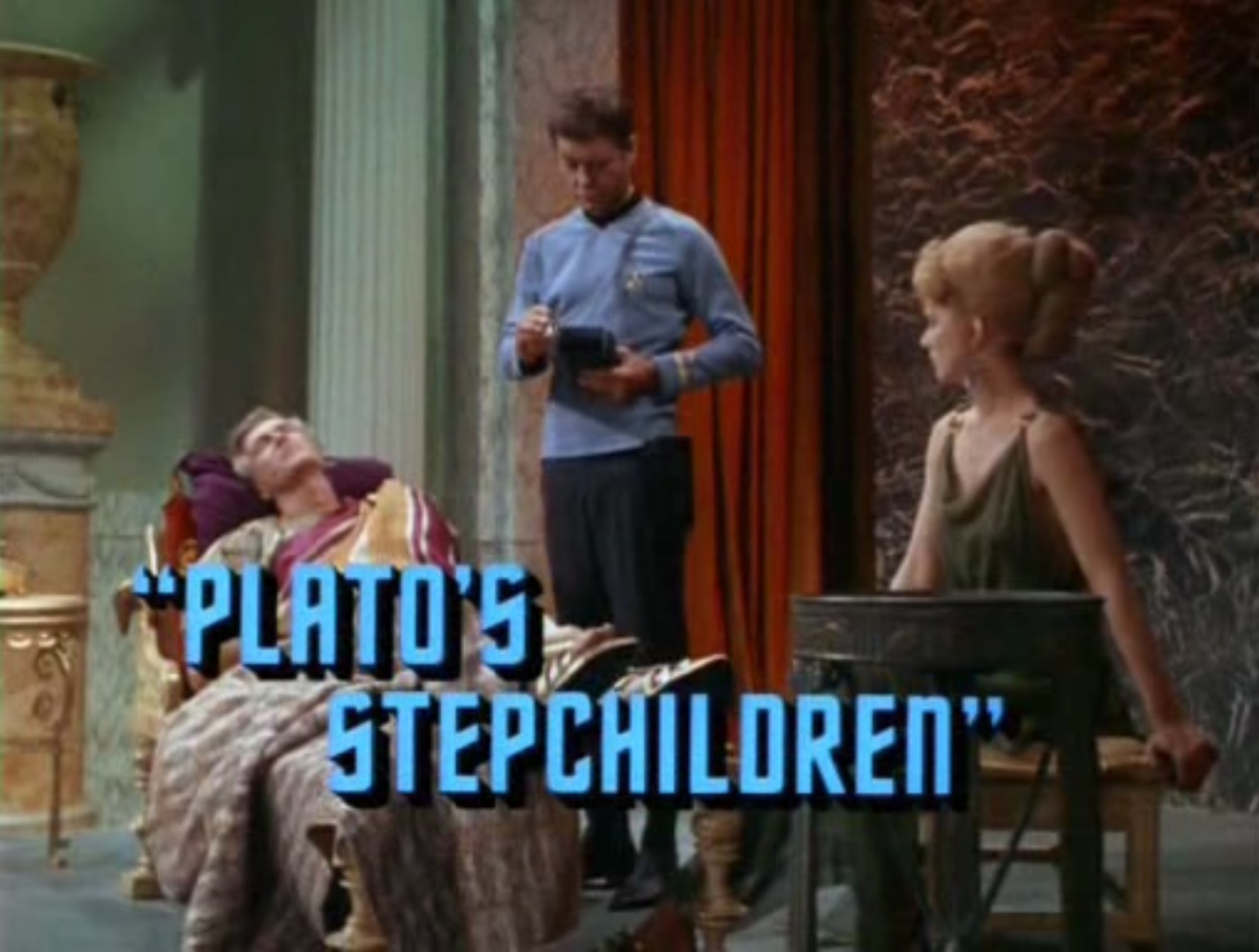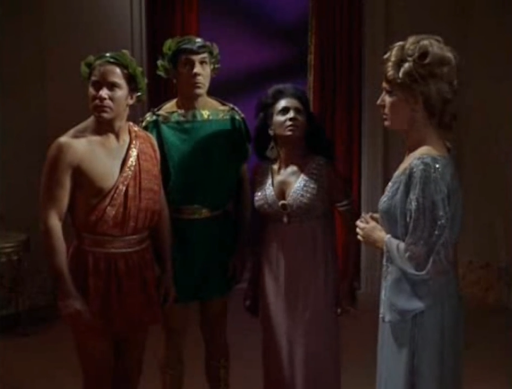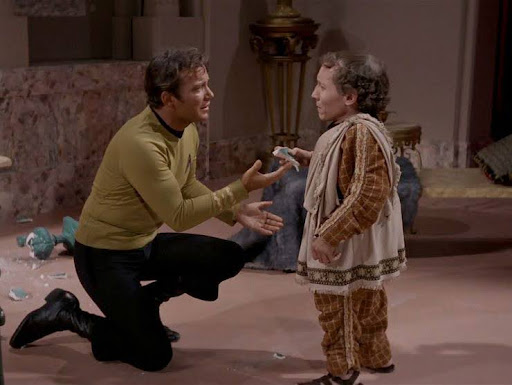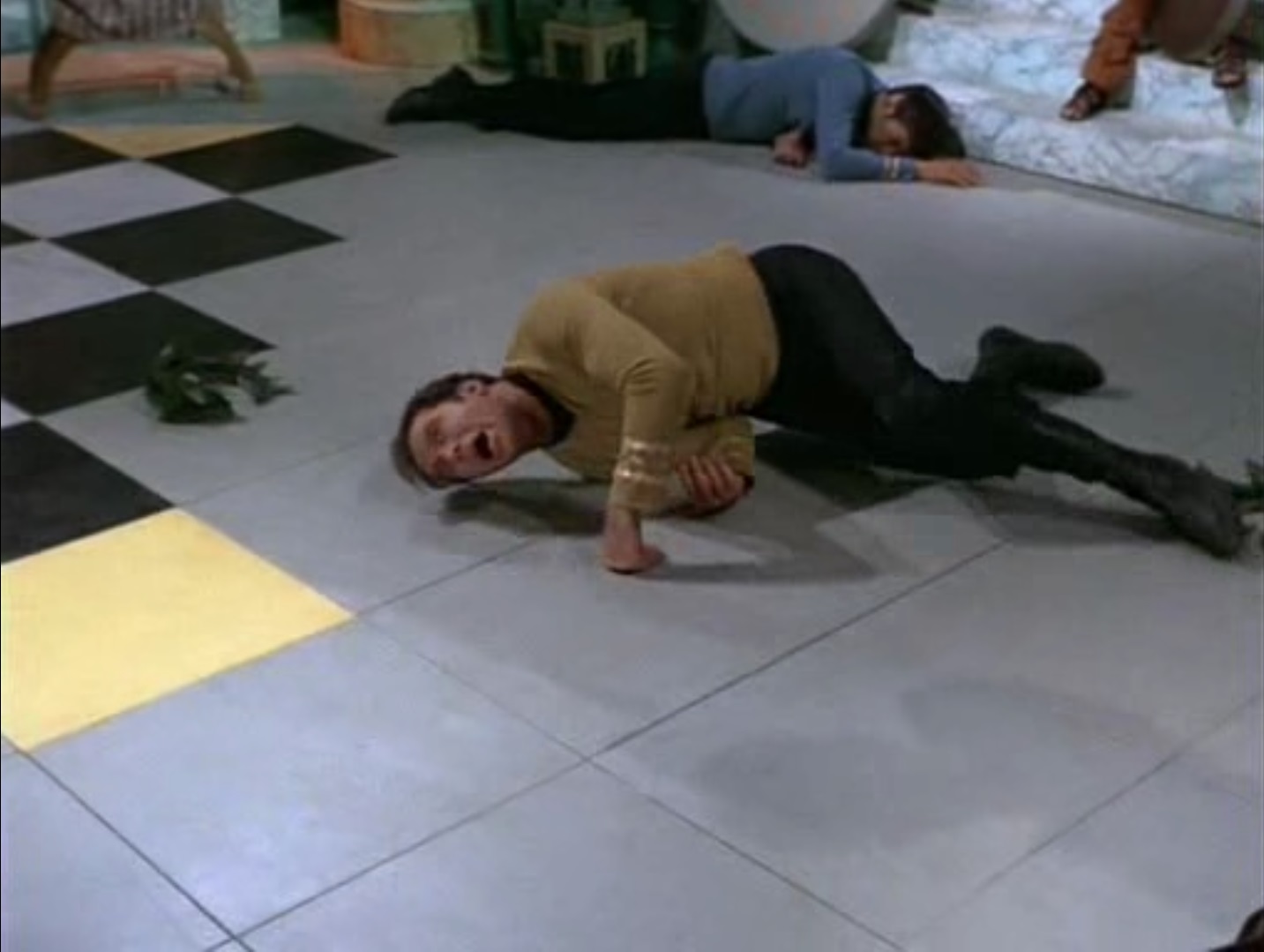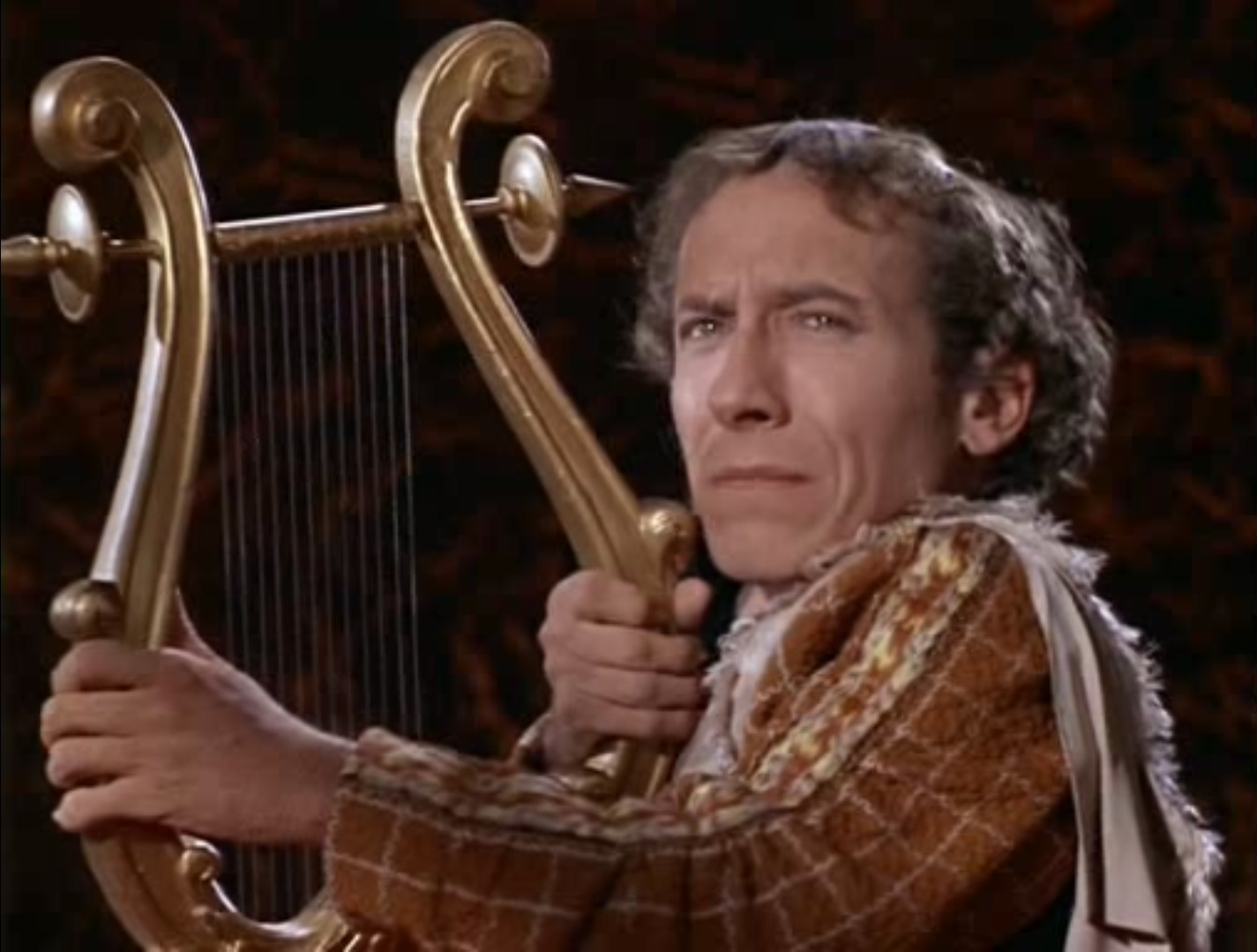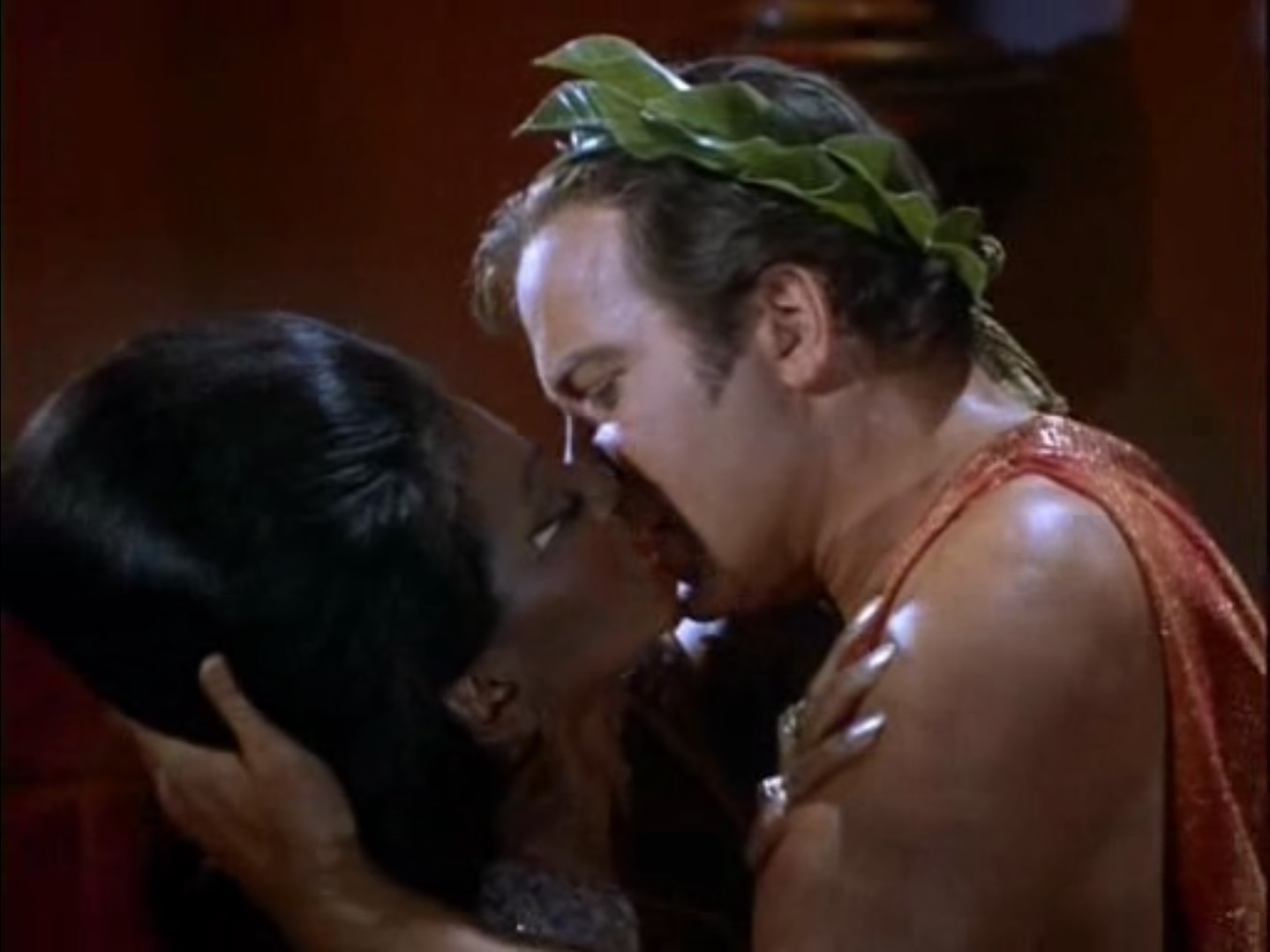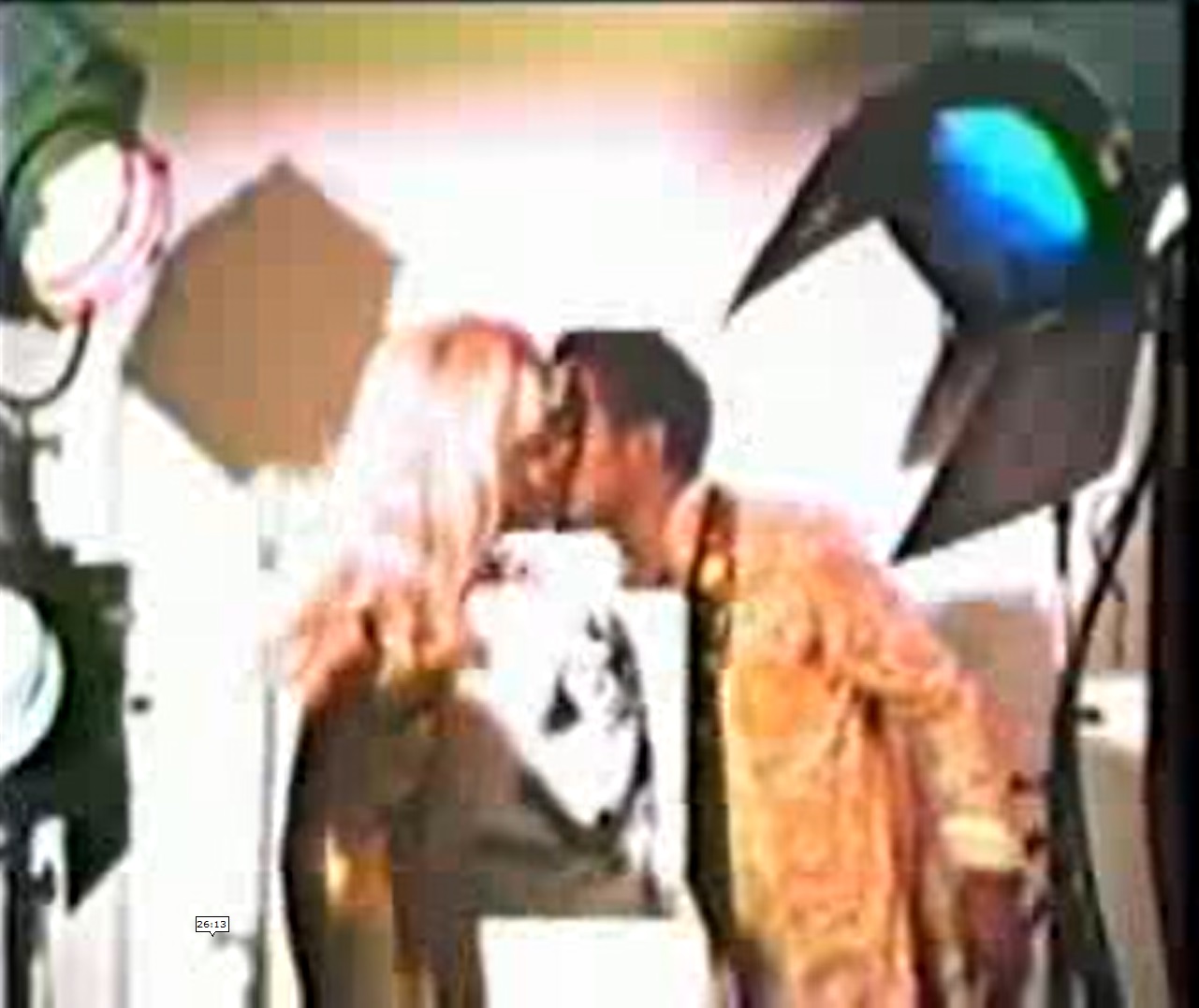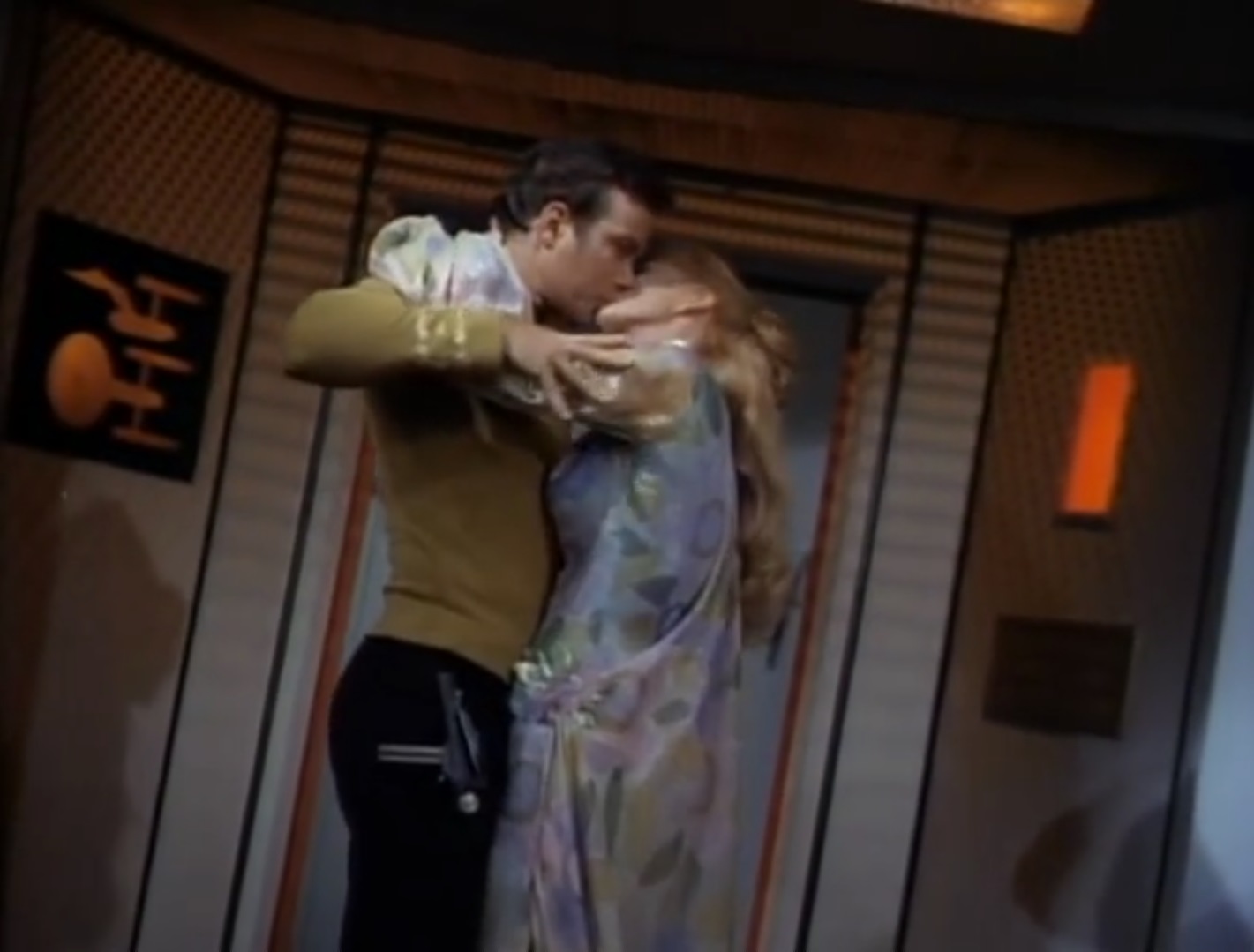
by Victoria Silverwolf
A little more than a week ago, something remarkable happened in a small town in the state of New York. Depending on your point of view, it was either a gathering of joyful people sharing fun and good music, or a mob of filthy hippies stoned out of their minds and destroying their hearing with loud noise. Let's go back in time a little bit and try to figure out how this all came together.

Poster designed by Arnold Skolnick.
The Woodstock Music and Art Fair took place in Bethel, New York. That's about forty miles away from the town of Woodstock. Why the name? Thereby hangs a tale.
Early this year, some business folks planned to hold a big concert in Woodstock. They even called their company Woodstock Ventures. Long story short, local residents rejected the idea. The people running the thing tried other communities in the area. The authorities of the towns of Saugerties and Wallkill nixed the idea as well. What to do?
Enter a fellow named Max Yasgur. He owns a six hundred acre dairy farm In Bethel. He agreed to lease the use of his property for the festival in return for something like ten thousand bucks.

Yasgur's farm.
Some local residents were not pleased at all. (Rumor has it that Yasgur is himself a conservative Republican. Apparently that didn't prevent him from accepting money from members of the counterculture.)

A sign posted when the deal was announced.
Despite opposition, the authorities granted the necessary permits. (By the way, the reason the poster shown above mentions White Lake as the scene of the festival is because White Lake is a hamlet within the town of Bethel, and is about three miles from Yasgur's farm. Don't ask me; I'm only used to hamlet being the title of a famous play.)
It took so long to find a site for the festival that the folks running the thing didn't have time to put up fences or ticket booths. Heck, they barely had a chance to put up the stage! They'd already sold 186,000 tickets in advance (despite expecting only about 50,000 people to show up.)

Full admission price to the entire festival. Expensive!
The big show was going to start in the early evening on Friday, August 15. By Wednesday, the expected 50,000 folks had already shown up, with no way to find out if they had purchased tickets or not. A lot more were on their way. At its peak, the crowd was estimated at 450,000.

Roads leading to the area were jammed with would-be attendees. Recent rain turned fields into seas of mud. Lack of facilities — food and water, first aid stations, sanitation — added to the chaos.
Three people died at the festival. Two were from drug overdoses. One teenager was run over by a tractor while he was in his sleeping bag. Despite these tragedies, and many hundreds of people needing medical attention, one extraordinary fact stands out. There was not one reported act of deliberate violence at the festival.
Think about that. Close to half a million people living in close proximity, and in very stressful situations, without violence. Makes you wonder if these Flower People are doing something right, doesn't it?
Enough background. What about the music? Thirty-two acts performed, from early Friday evening to late Monday morning. Let's go over some highlights.

This advertisement doesn't list all the performers. There were also changes in the schedule. Sha-Na-Na didn't perform until Monday morning, and Iron Butterfly got stuck at the airport and didn't show up at all. Jeff Beck wasn't there, either.
The opening speech was delivered Friday evening by Swami Satchidananda Saraswati, an Indian guru. The first day was heavy on folk music performers, including Arlo Guthrie and Joan Baez (who is six months pregnant, by the way.) For me, the outstanding act was Indian sitarist Ravi Shankar.

Shankar performs Evening Raga.
Saturday afternoon until Sunday was when a lot of the most famous rock bands showed up. Santana, Grateful Dead, The Who, Jefferson Airplane, etc., but the electrifying performance of Janis Joplin and the Kozmic Blues Band, in the wee hours of the morning, was the highlight.

Joplin belts out an hour of her hits.
More rock music ended the festival, interrupted for about three hours by a thunderstorm. Monday morning the concert ended with two strongly contrasting acts, one looking backward and one offering hints as to what tomorrow's popular music might be like.
Nostalgia act Sha Na Na brought a chance of pace by performing doo-wop songs from the 1950's. (It's amazing how much pop music has changed in fifteen years or so!)

Performing oldie Book of Love in gold suits.
The final act was the amazing Jimi Hendrix, said to be the highest-paid rock musician in the world. His music is so far out, that it seems to be coming from the 21st century.

And yet he paid tribute to the past, with the wildest version of The Star-Spangled Banner you'll ever hear.
Was it worth all the mud and chaos? Despite the small number of tragic deaths, and hundreds of bad drug trips, most of the folks who were there would probably say it was. And here are some other eyewitness reports for you. Over to you, Walter…

Er… you're not Walter…

by Gideon Marcus
Woodstock: when it wasn't hot, it was cold. When you didn't have to pee, you were hungry. If you were anywhere near the stage (as we were Friday night into Saturday morning), you were elbow to elbow with a hundred thousand other people. I got less than 10 hours of sleep over the 72 hours of the event, and then I soldiered on to help clean up before crashing in the van.
It was the best weekend of my life.

Aftermath in Paradise
Look—I'm 50 years old. I've done a lot in my day, but I've never really pushed myself. I've never done drugs. I go to sleep by 10pm. I stay at home, except when I fly to Japan, and then I go first class…planes and hotels
For this adventure, there was none of that. The biggest concession to comfort is that we drove to the event early, and thereby avoided the worst of the traffic. And I surrendered my six square feet of ground near the stage to eat and excrete and nap in the comfort of our rented van (though I slogged back during the rainstorm Sunday afternoon and stayed through until the end of the event). It was a test of physical and emotional fortitude greater than any I'd had before.
What made it all worth it? The music and the people. It's all a riot of memories right now, a kaleidoscope that refuses to resolve, probably won't resolve for weeks or months:
- The sensitive, soulful passion of Richie Havens, strumming powerfully until I felt his fingers must bleed, singing his own songs and those of the Beatles, and finally some sort of ethereal impromptu folks are calling "Freedom".

A snap from an 8mm I shot of the concert—we were that close on the first day!
- The bombed out young group that wandered by our van on Saturday evening. We shared our chicken and rice with them and pointed them in the direction of the main stage. Did they ever make it back? We'll never know.
- The surreality of feeling the Earth's rotation, watching dusk turn to night then to dawn then to day, and then to night again…marked not by the sweep of wristwatch hands but the endless cavalcade of bands: Santana, John Sebastian, Mountain, the Creedence Clearwater Revival…

Sunset on Day 3
- The ethereal beauty and surprising charm of Bert Sommer, who bewitched all who espied him.

Telephoto shot of Sommer
- The one-two punch of Janis Joplin and Sly and the Family Stone—easily the high-water mark of the event—the former, a goddess; the latter, the Supreme Being.
- Marla and Tim and their lovely kids, who were our site neighbors, and as luck would have it, are also practically our hometown neighbors. You can bet we'll keep in touch.
- The most hilarious retelling of the Book of Exodus, as told by a quite stoned Arlo Guthrie.

- The soaring harmonies of Crosby, Stills and Nash (and occasionally Young), with counterpoint provided by Amber's snoring…the poor girl had lasted through the endless sets of Ten Years After, Johnny Winter, and Blood, Sweat, and Tears, only to founder at the shores of excellence.
- The couple that broke up at the beginning of the event only to be compelled back together by the end of it.
- The turgid endlessness of Canned Heat, the Grateful Dead, and (sadly) Jefferson Airplane.
- The sublimity of Jimi, pinnacling in his fiery, bomb-laden rendition of the National Anthem.
- The three demons of Woodstock: the blue acid, the mud, and the scaffold creeps who would not abandon the stage towers despite the constant admonitions of the velvet-voiced EMCEE, "Chip" Monck.
- The three angels of Woodstock: Max Yazgur, the nice mensch who offered up his farm to host the event so as to bridge the generation gap; the ministering angels who provided food when the concession stands ran out; and the good-natured attendees who, for the most part, offered no hassles or bummers and kept things peaceful and brotherly.

Max Yazgur prepares to speak
It was an event for the ages, squared, cubed, and beyond for being shared with all of my closest friends. My life is forever punctuated into two eras: before and after Woodstock.
The papers already seem to be forgetting the festival, the city we built that, for a weekend, contained more people than the whole of Anza Highway corridor back home. But I'll never forget. We'll never forget.
We were there.

by Janice L. Newman
Even as we watched the opening acts, more and more and more people were pouring in, young and muddy and hungry. While others were focused on the stage, my mind couldn’t help but be consumed by something else: logistics.
How, I worried, were all these people going to get fed?
Fortunately, others had the same thought. By the time the second day was going strong, the Hog Farm commune, founded by Hugh Romney, Jr. (aka “Wavy Gravy”) had gone into action, requesting money from the concert organizers and using it to purchase thousands of pounds of rolled oats, sliced almonds, apricots, currants, bulgur wheat, wheat germ, and truckloads of fresh vegetables. “There’s plenty of food over at the Hog Farm,” a young woman told the audience. I had to see for myself.
So I left my spot near our van (I’d slept there through the first night, unable to stay awake even with Ravi Shankar and Joan Baez performing) and went to see what it was all about.

I spent the next four days going back and forth between Hog Farm and Woodstock, helping mix and serve muesli out of giant trash cans purchased for the purpose, handing out sandwiches, and watching as people patiently lined up and accepted their share, or stepped forward to volunteer to help, or passed food through the audience to their friends who refused to leave their spot near the stage. The food wasn’t hearty, but supplemented with the milk and yogurt from the dairy farm, it was enough.
I missed out on all the night concerts, even my twin-named Janis Joplin, but I was up early enough to catch The Who. The music was great, but more than that, I enjoyed the chance to be a part of something bigger.

Me at our campsite in the woods
The Age of Aquarius, one of brotherhood, peace, and universal love, has always seemed like a beautiful but naive dream. Yet we saw something like it over the course of four days. Not just in the young people who gathered, but the people who came together to help support, feed, and care for them and for each other. Even the US Army helped out!
Woodstock may not end up being a profitable endeavor after all that happened. It’s already being talked about in the papers as a boondoggle. And yet…it was something special. Something different. Something new.
The people in the audience weren’t just spouting words about peace and brotherhood, they believe it. In the face of such sincerity, cynicism melts away and hope can’t help but take its place. Who knows? Maybe this generation really will be the one to end war for good
.

by Lorelei Marcus
"How was Woodstock?" A friend asked me recently.
I couldn't reply for a long while, because there is no one answer; there is no one holistic Woodstock experience. Woodstock comprises moments, measured in music acts, naps, and meals. It was a lifestyle, a lifetime balled up into four days. How does one reply when asked "how is living?"
"Good," is all I could reply at the time.
Now I've had a bit longer to reflect. I can say that overall, it was worth it. But what was it like?

Me and mom at the campsite
It was the most humanity I'll ever see in my life. Everything from the funny guy teaching me about mushrooms, to the girl crooning out ballads on her tiny guitar between sets, to the practical feeling of wearing nothing along with everybody else. At some times we were a mass, snoring in the sun, lining up for food, eating, clapping, tripping, slipping on mud. Sometimes I was alone, relishing the quiet moment in the woods while I squatted over a hole, dozing through the first hour of Hendrix's concert, leaning over a pot of oats and stirring until it was warm.
There's a through line that connects these disparate flashes: the music. Some was transcendent, some was boring, and on the drive home I realized what made the difference. There were a lot of jams at this concert, not unusual for the live blues and rock scene, but often I found myself wishing for a song to end rather than enjoying its ride. Some would blame that on the sleep deprivation, but really, it's that long jams are flawed in two big ways.
First, a jam interrupts the flow of the song and diminishes the complexity of the experience. I don't mind the band free styling, but usually to keep together, they have to stay on one chord. This leads to a monotonous meandering of guitar notes and drum fields piled on top of a stagnant melody. The sound and the rhythm quickly lose their way, and any meaning built into the flow and structure of the original song are quickly dispersed.
The second problem is that jamming is a private experience. Songs are a story that reach from the musician to the listener. Jams can be like that if played with intention (Hendrix does this well), but otherwise it's a connection with one's band or even their own instrument. An audience can watch and appreciate technique, but cannot join the musician in their reverie without invitation.
Such is the art of performance, and what made both Janis Joplin and Sly and the Family Stone's shows so powerful. Both performers poured out their energy into the audience, giving themselves and their music to foster a bond. You could feel the passion like electricity in your bones. It multiplied, and you poured it out back to them, only making it stronger, looping until the music isn't just heard, but felt, like it's part of both of you. It creates a togetherness that you can't get anywhere else.

Me and Trini near the stage
Really, that's what Woodstock was all about: being together. Sometimes it was overwhelming, sometimes otherworldly, and mostly it was wet and loud.
But I wouldn't trade it for anything.

![[August 26, 1969] A Bumper Crop at the Farm (Woodstock Music & Art Fair)](https://galacticjourney.org/wp-content/uploads/2024/08/900_woodstock1_1663012591.3295-672x372.jpg)


![[July 24, 1969] Bursting at the Seams (with Monsters) (Godzilla film: <i>Destroy All Monsters</i>)](https://galacticjourney.org/wp-content/uploads/2024/07/690724title-672x372.jpg)



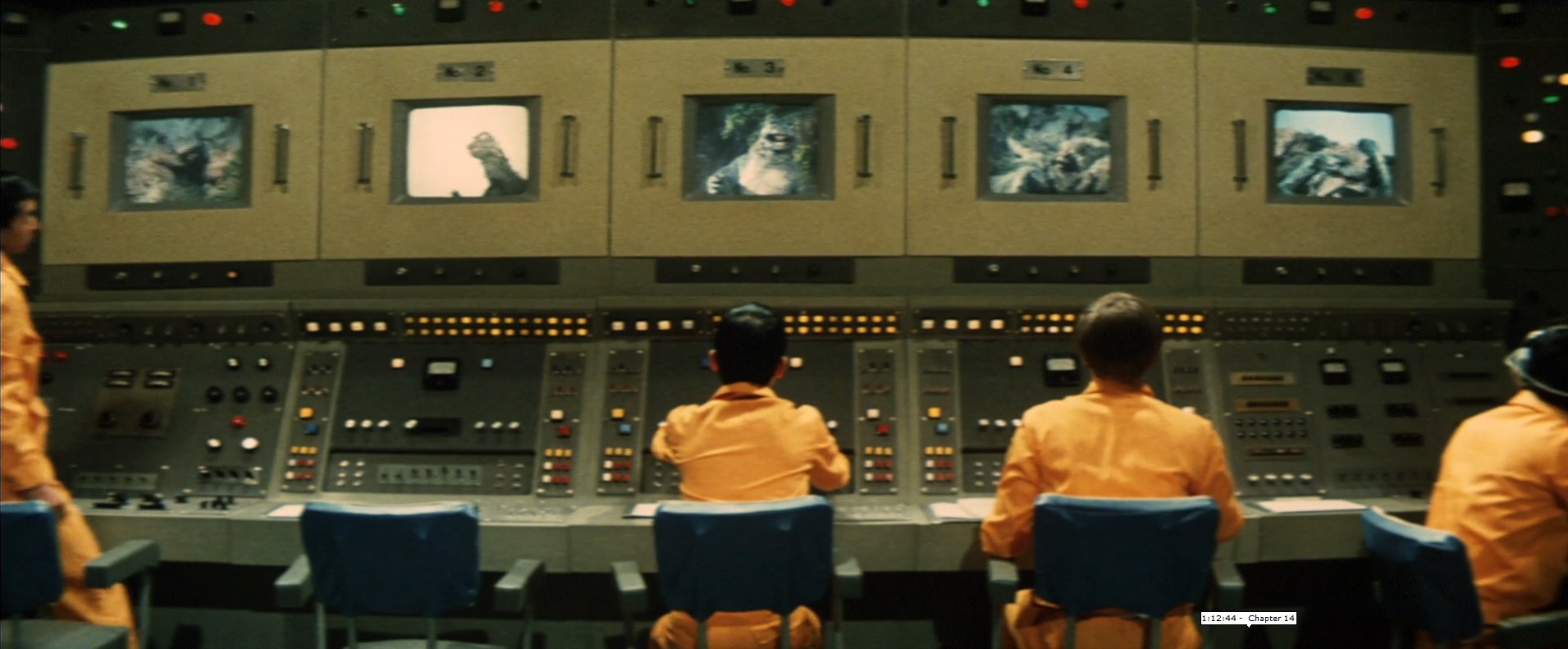

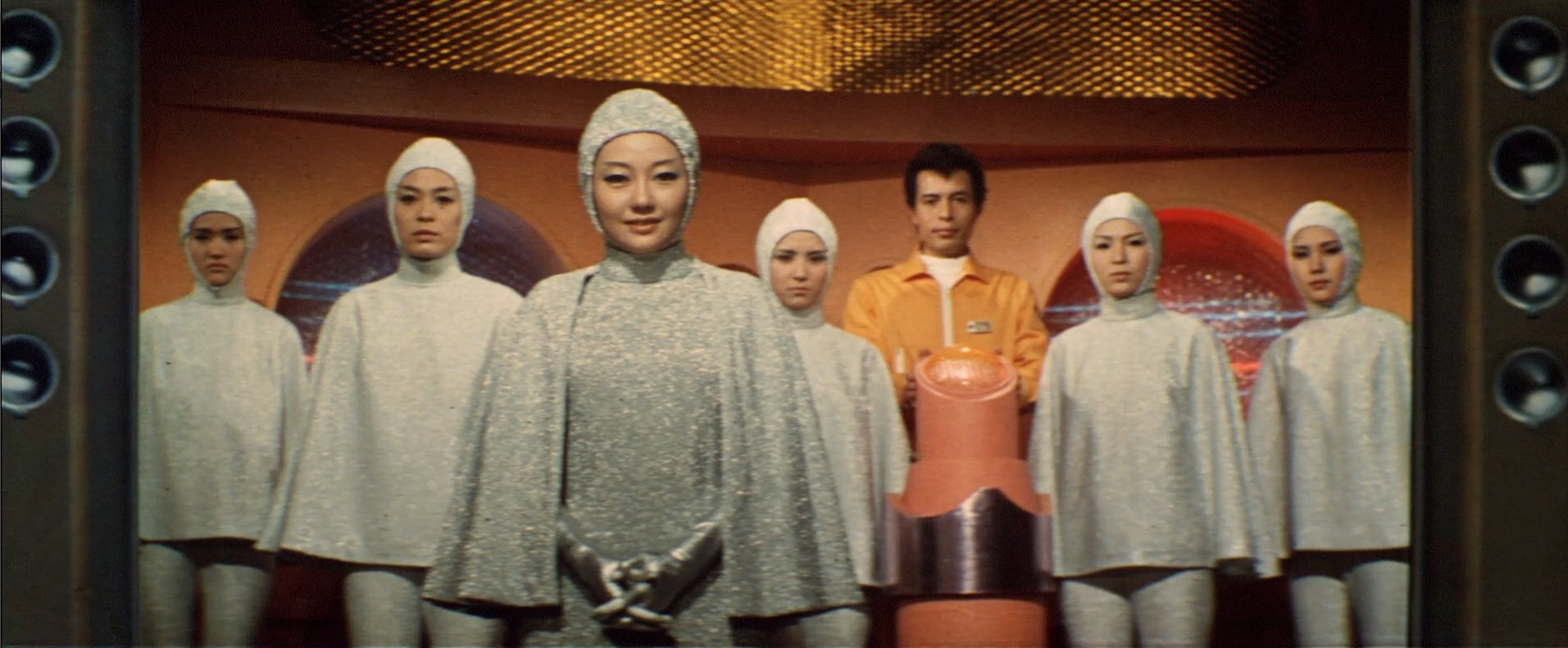

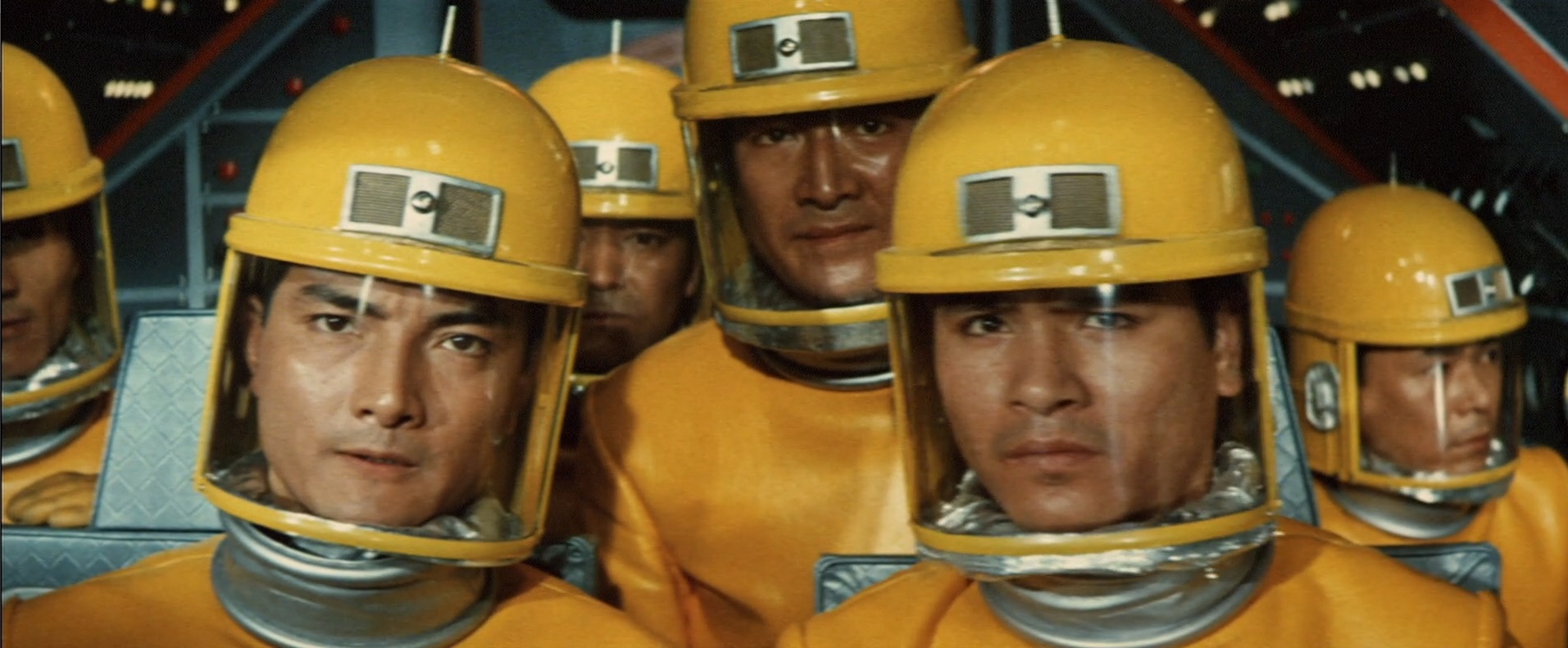





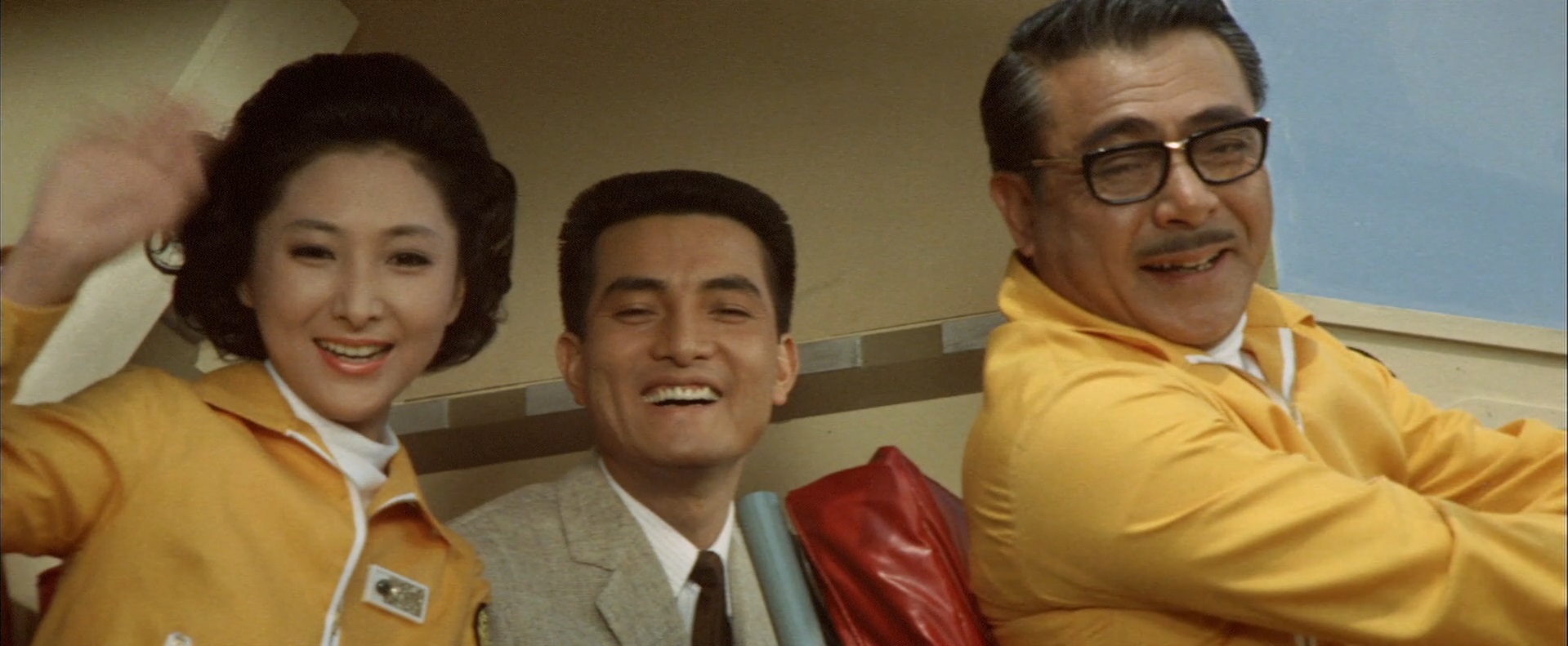


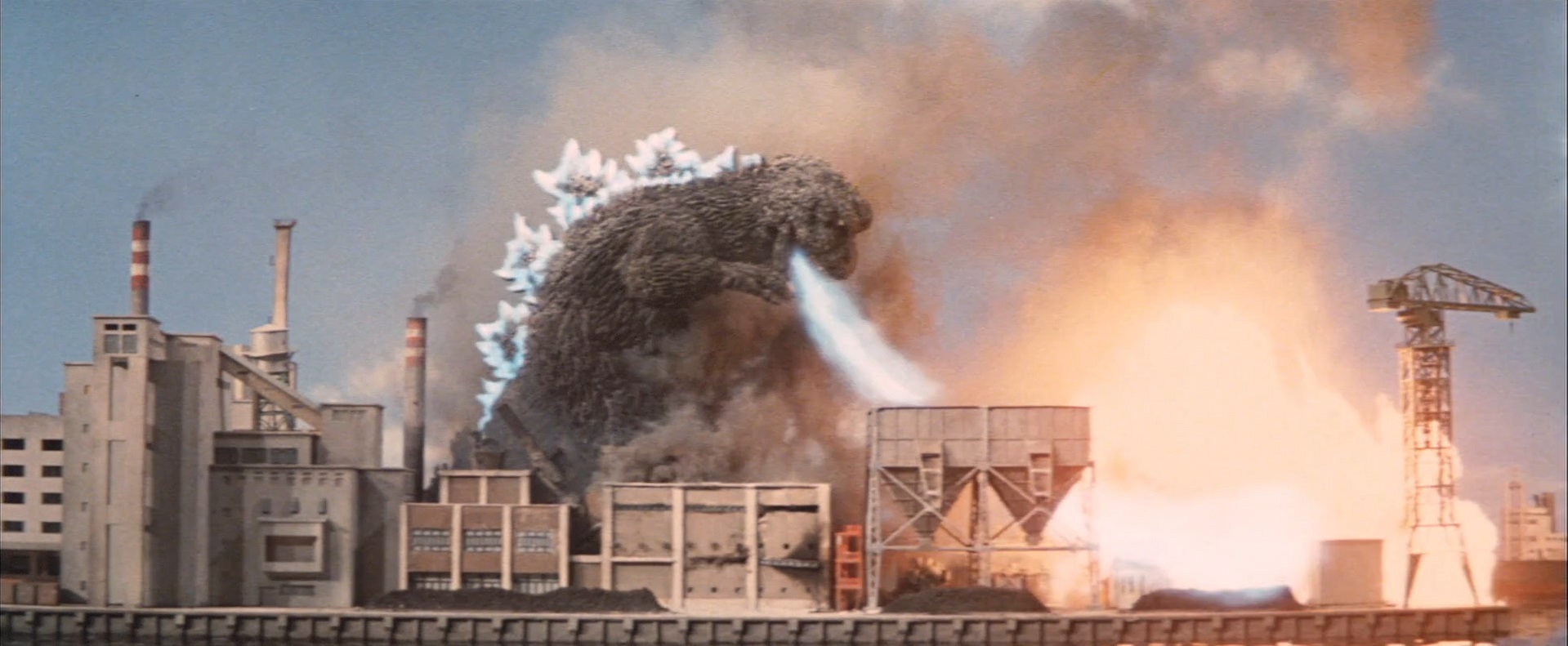




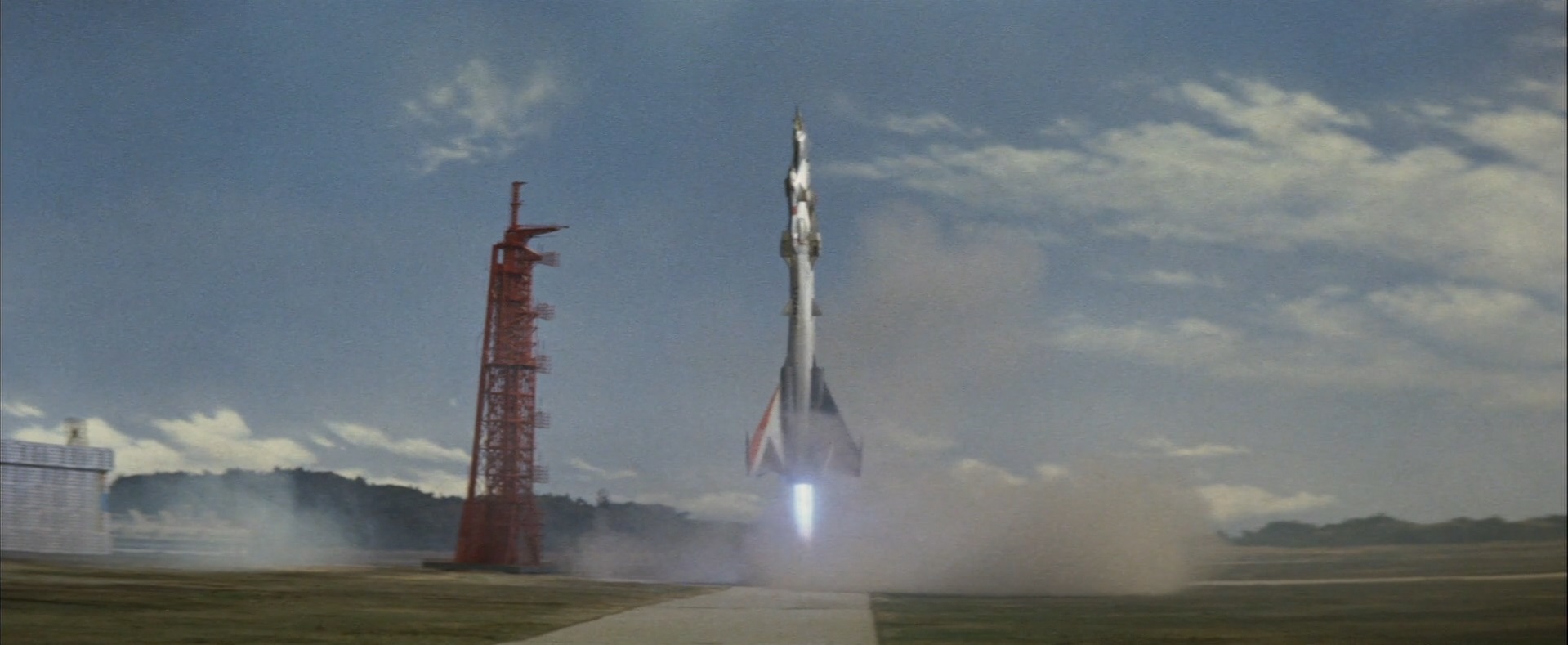

![[June 12, 1969] Heavy on the Bitters (<i>Star Trek</i>: Turnabout Intruder)](https://galacticjourney.org/wp-content/uploads/2024/06/690610title-672x372.jpg)

![[May 8, 1969] Cooked in the Chrysalis (The Monkees TV special: <i>33 1/3 Revolutions Per Monkee</i>)](https://galacticjourney.org/wp-content/uploads/2024/05/690508tubes-672x372.jpg)















![[April 22, 1969] Corpse or Cocoon? – (the Monkees movie <i>Head</i>)](https://galacticjourney.org/wp-content/uploads/2024/04/690422headtitle-672x372.jpg)

























![[February 20, 1969] The Old Man and the She (<i>Star Trek</i>: "Requiem for Methuselah")](https://galacticjourney.org/wp-content/uploads/2024/02/690220title-672x372.jpg)


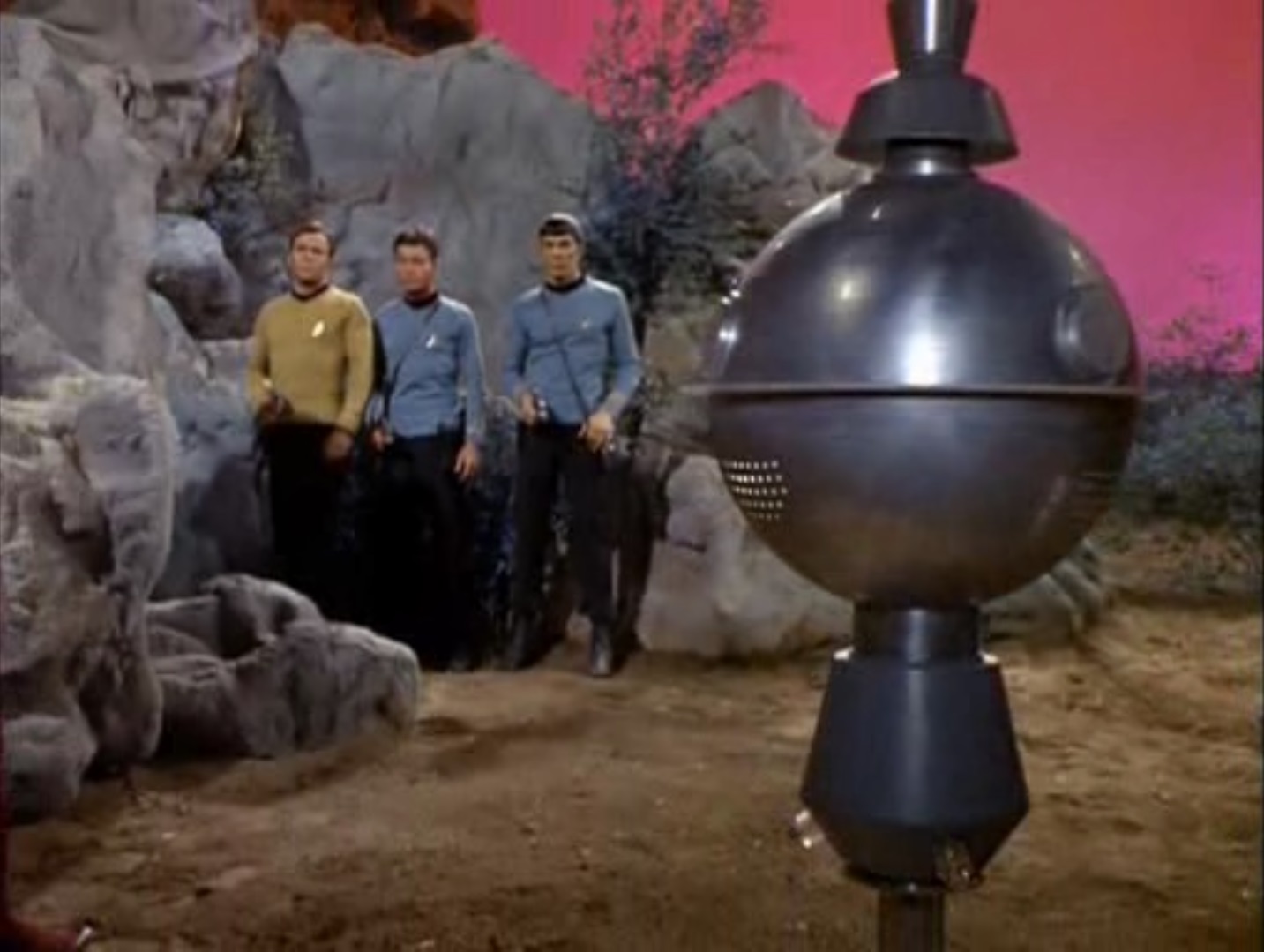
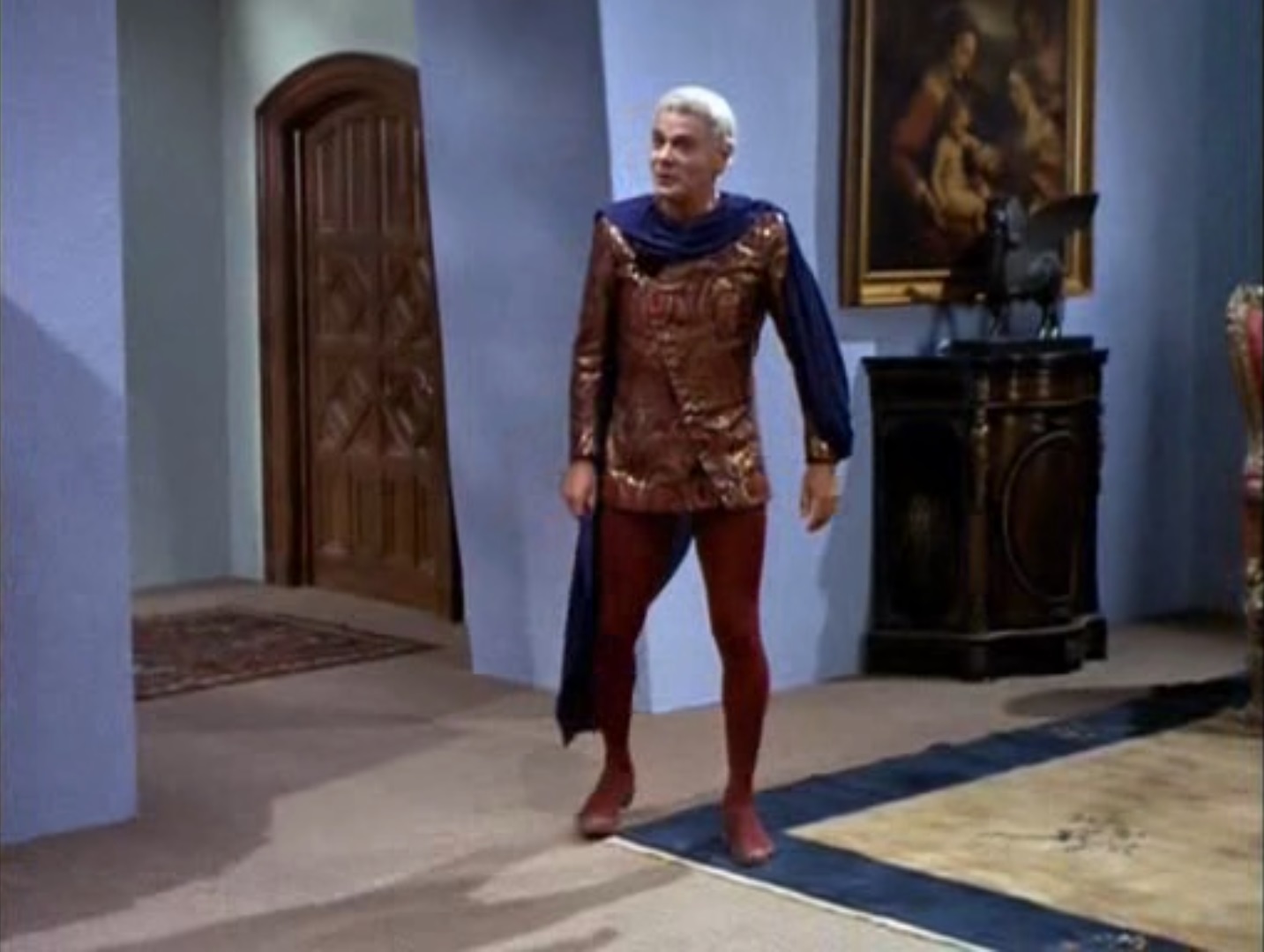
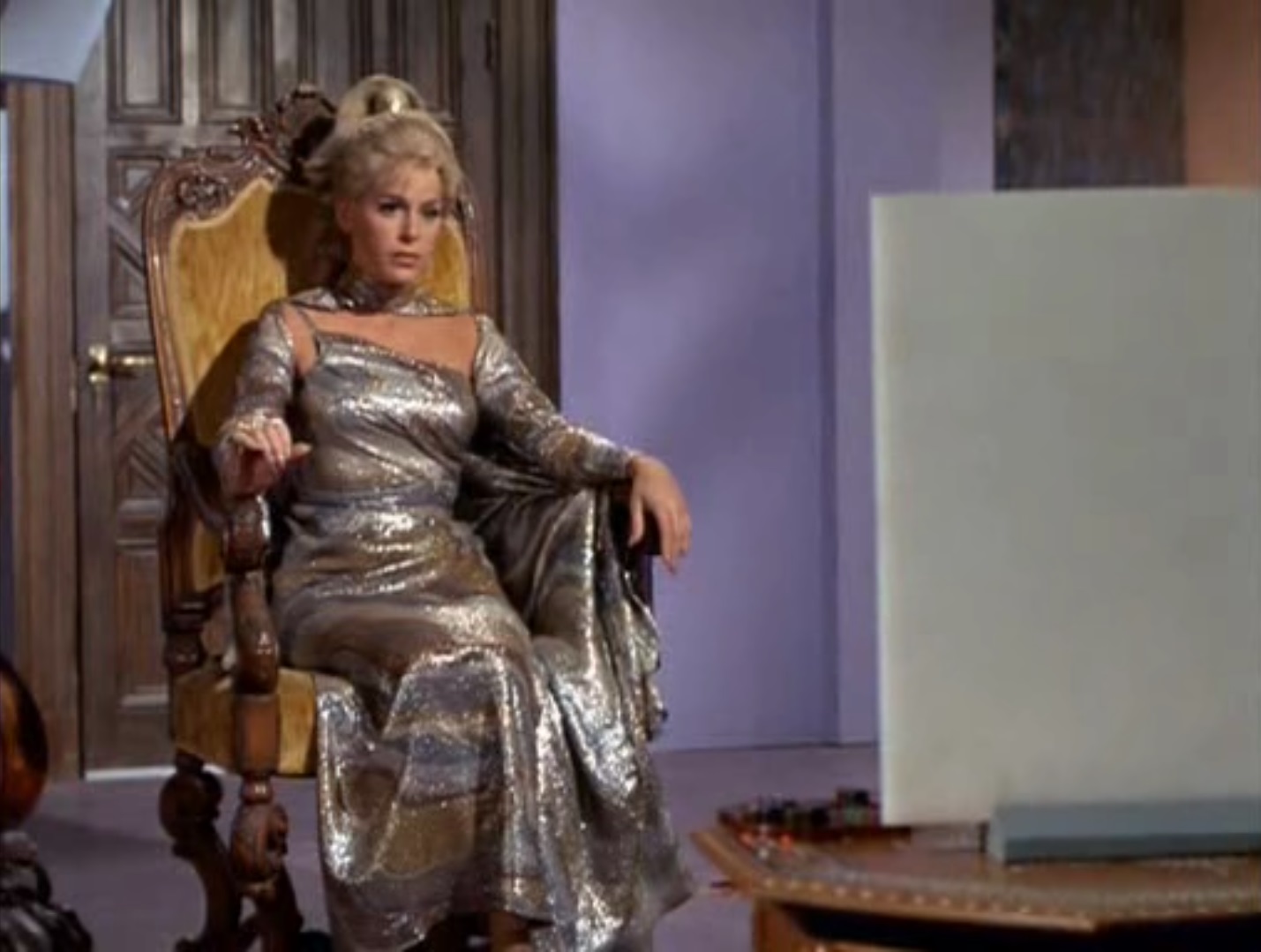

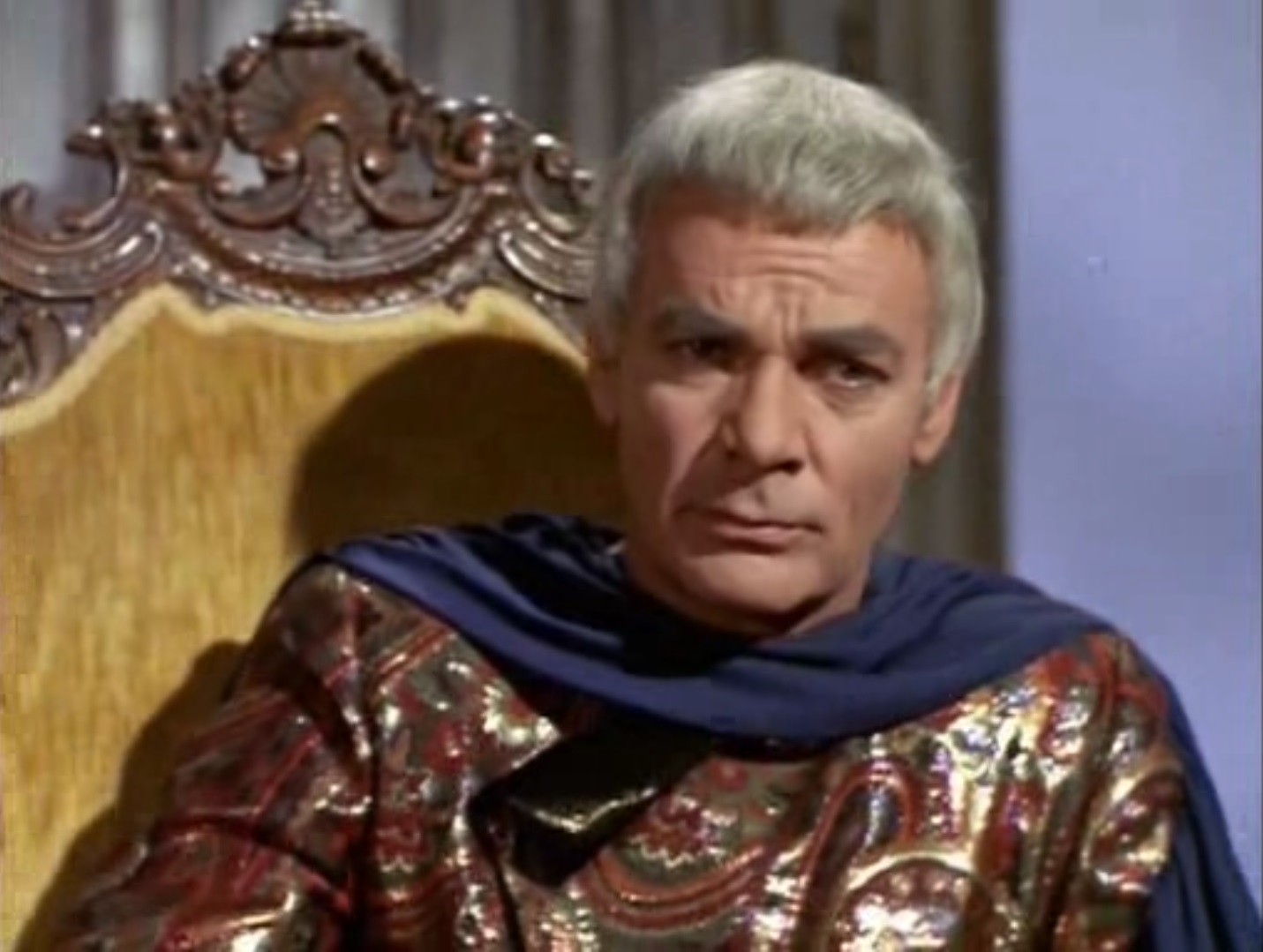
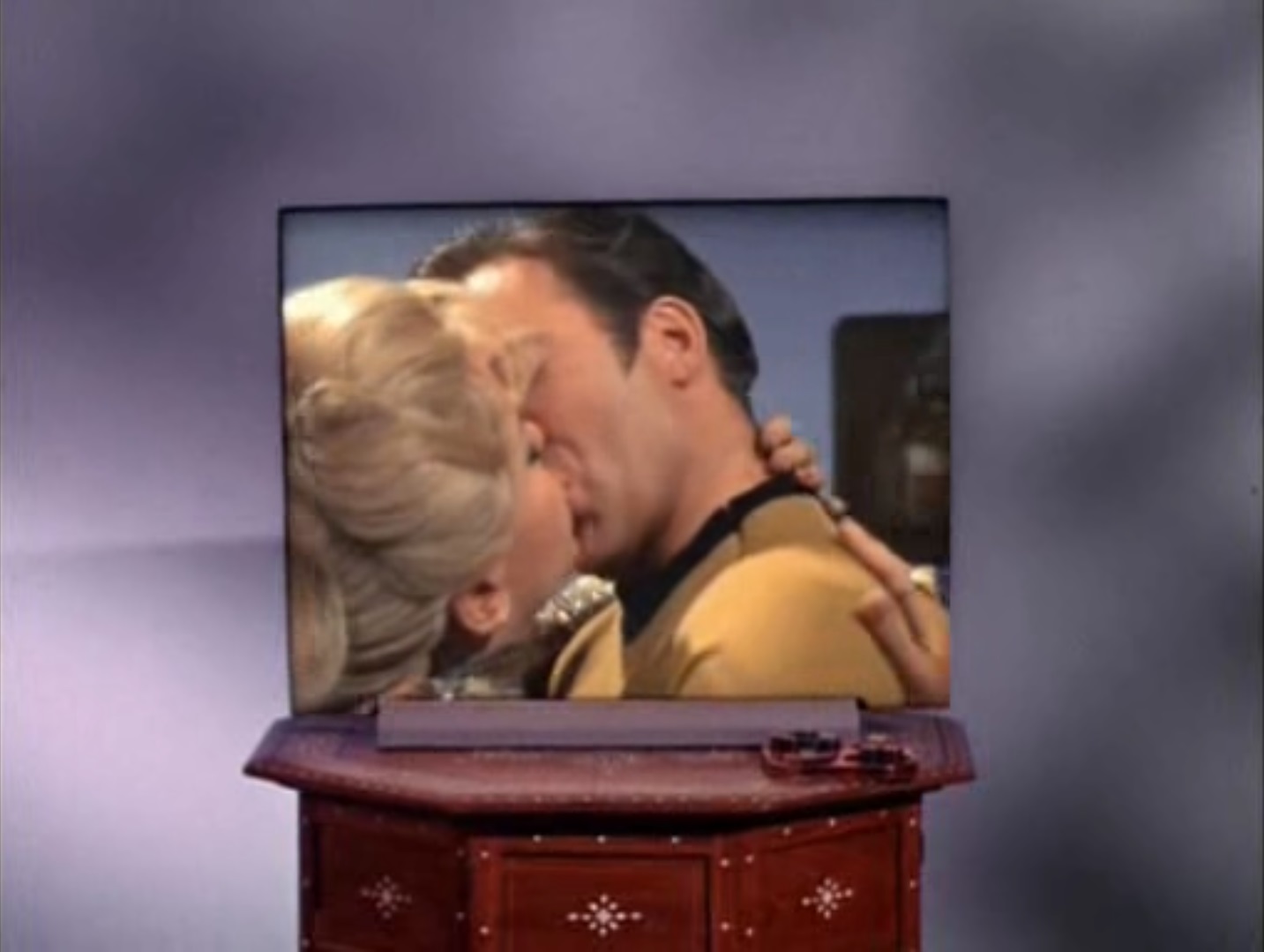
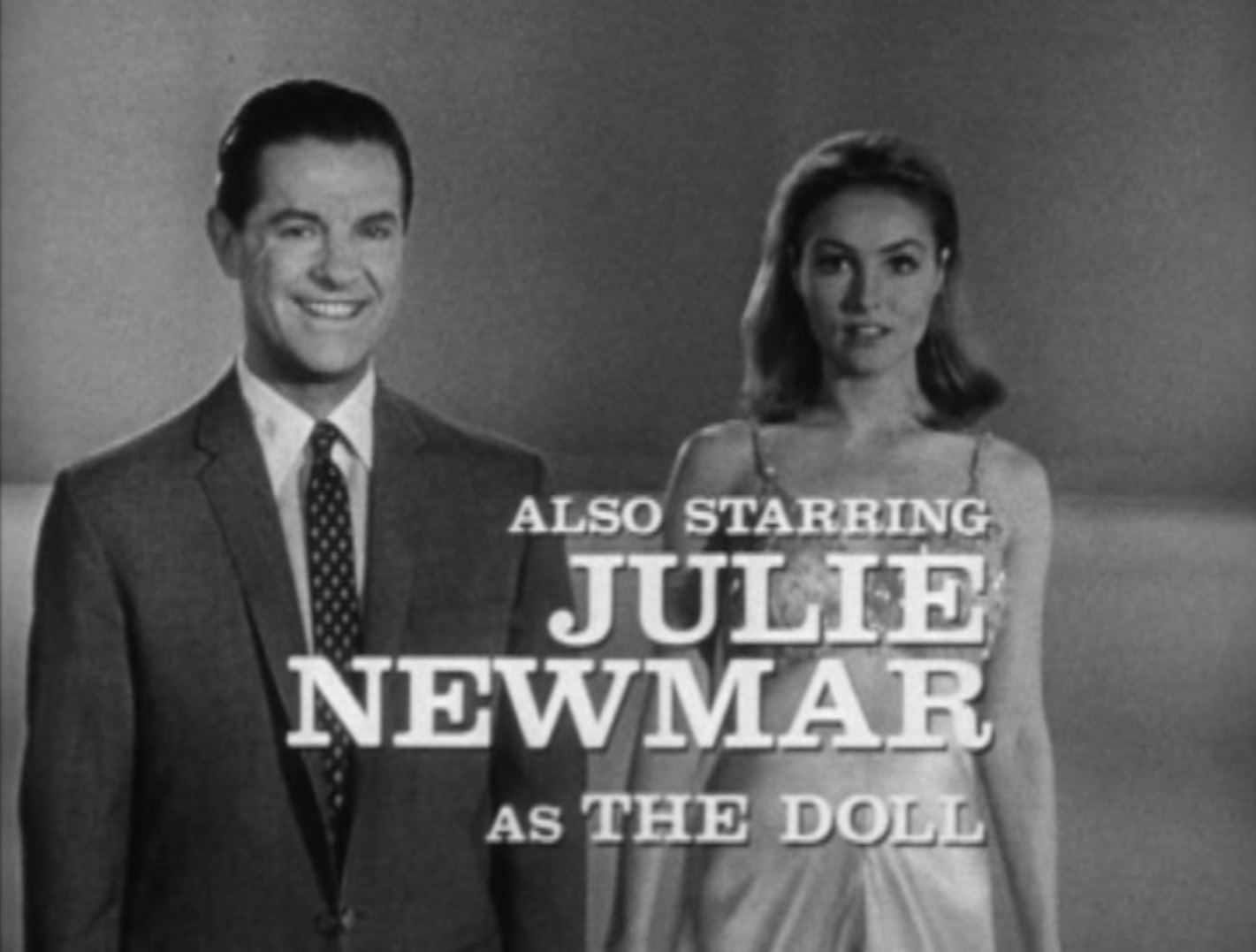


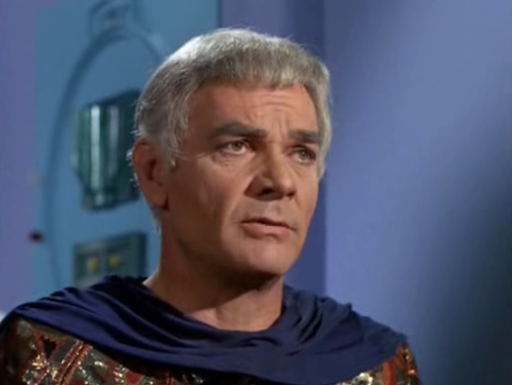



![[January 31, 1969] Clinging to life (<i>Star Trek</i>: "That Which Survives")](https://galacticjourney.org/wp-content/uploads/2024/01/690131title-672x372.jpg)
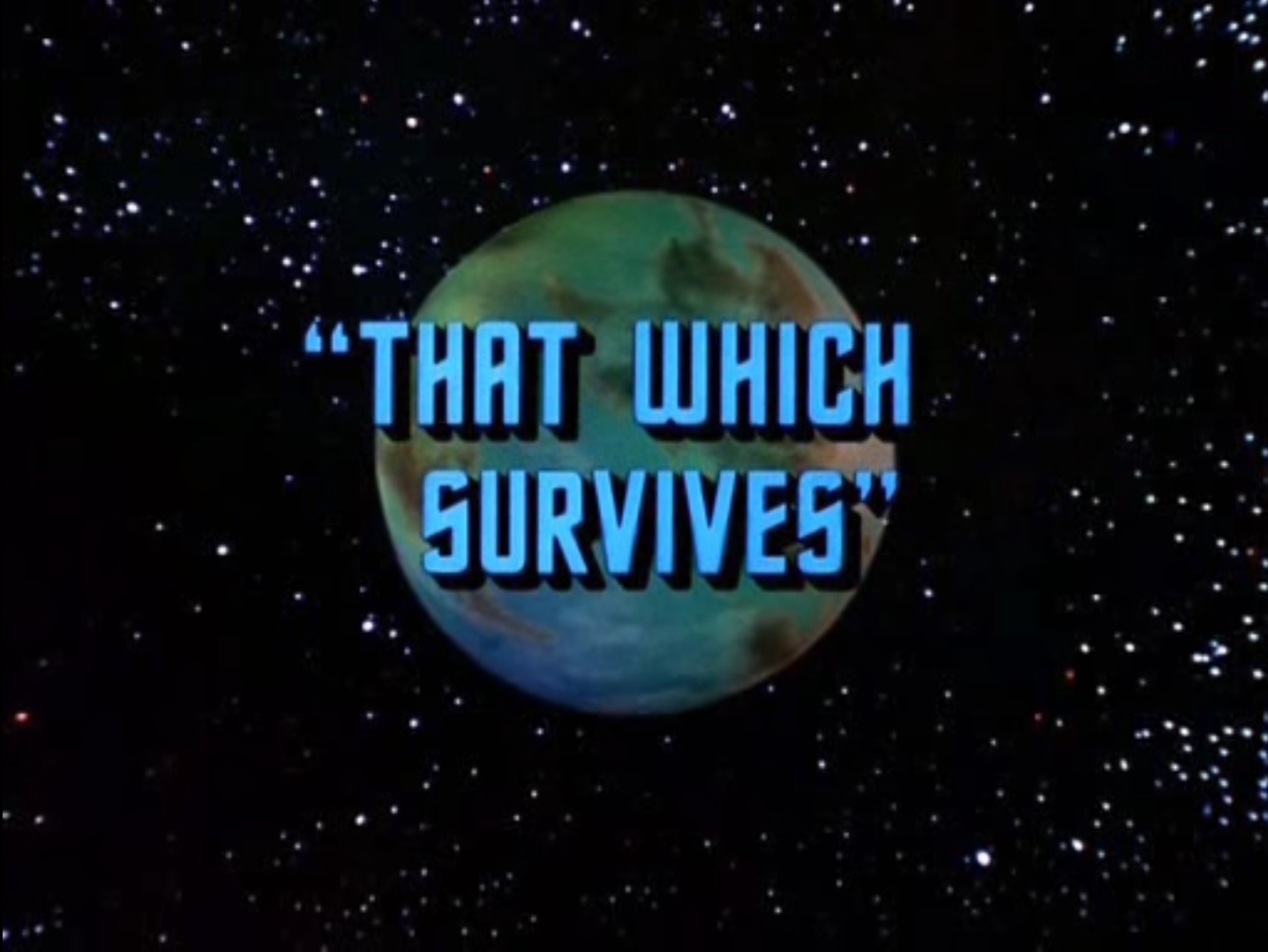
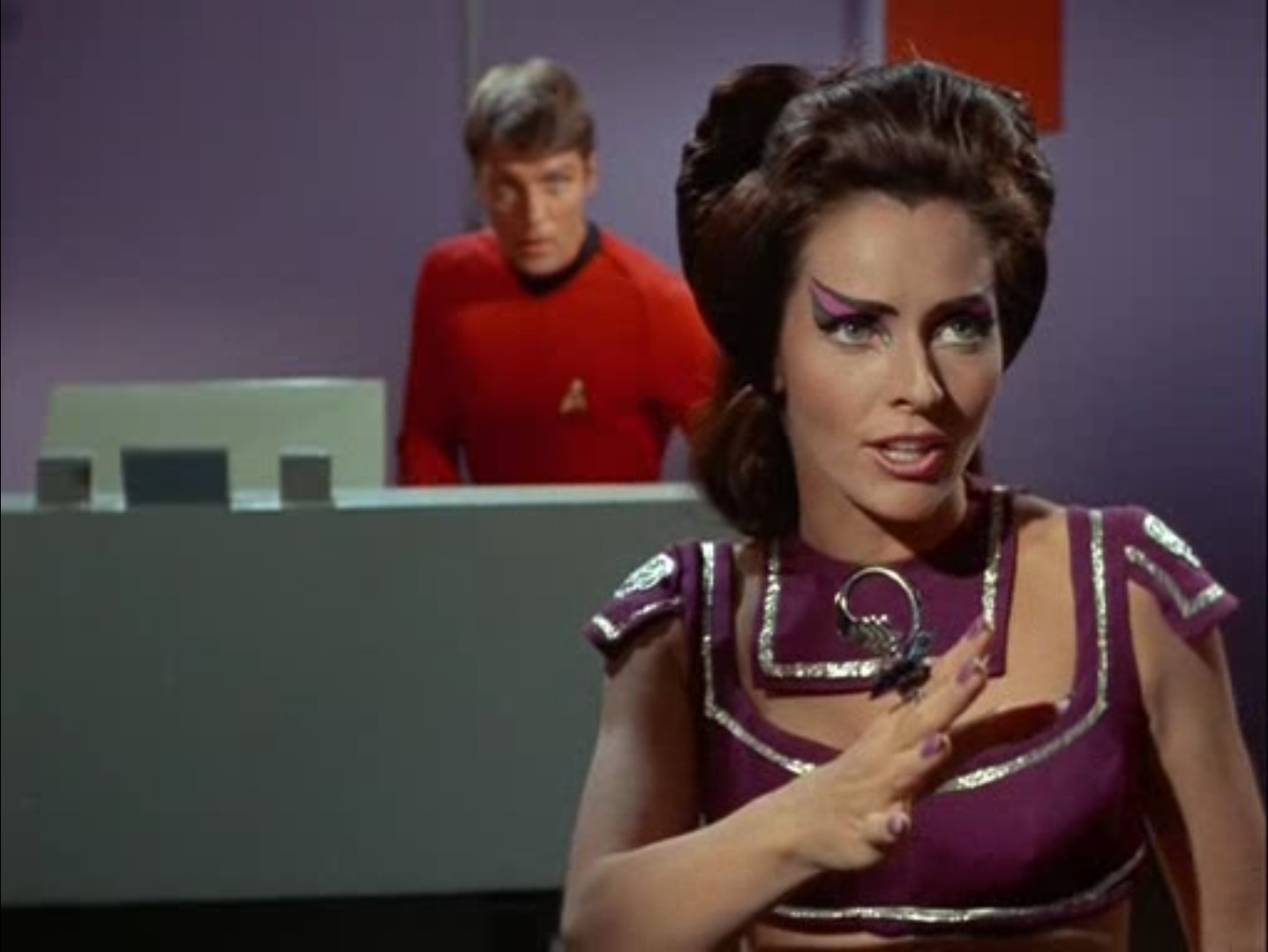
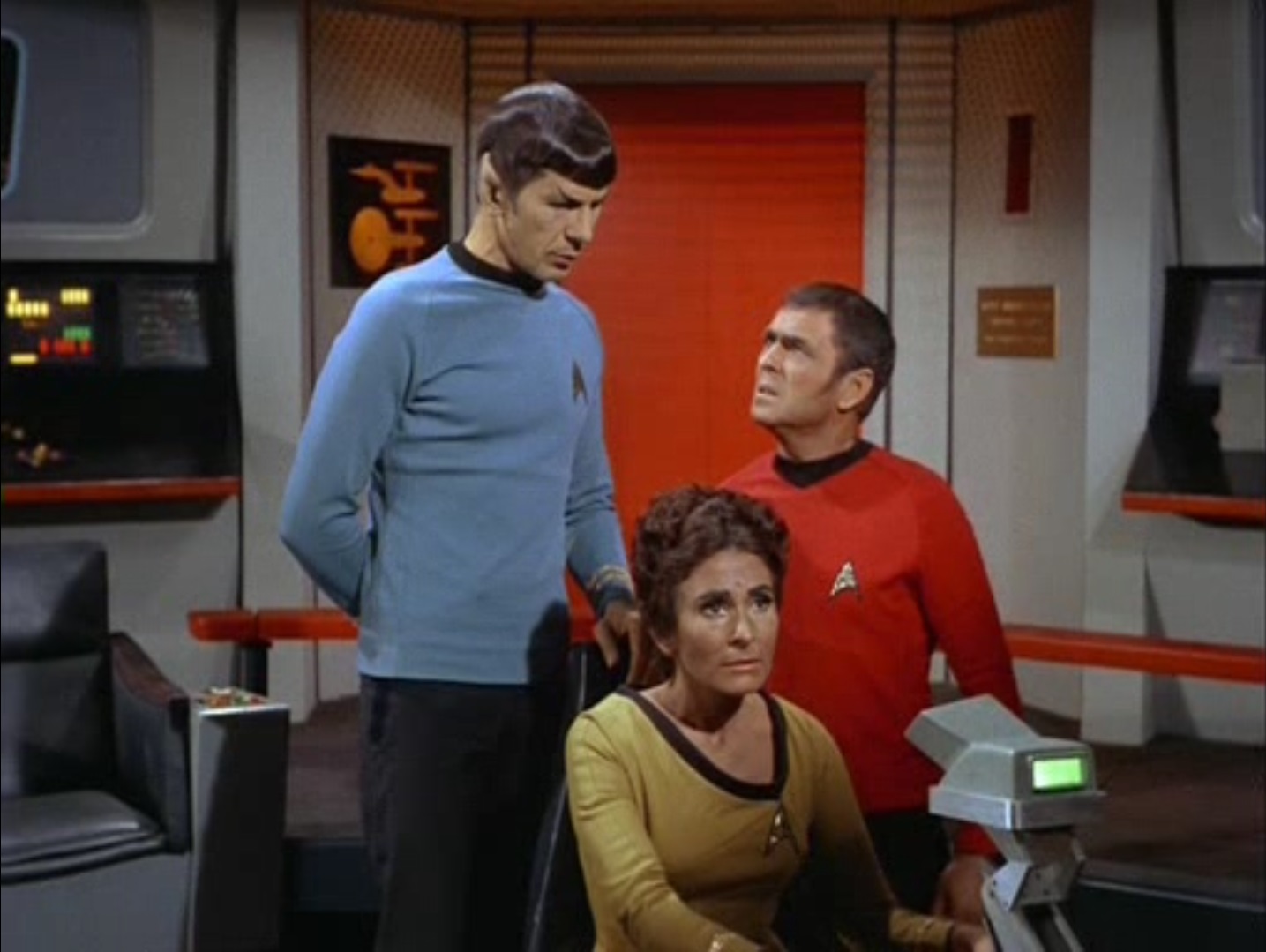
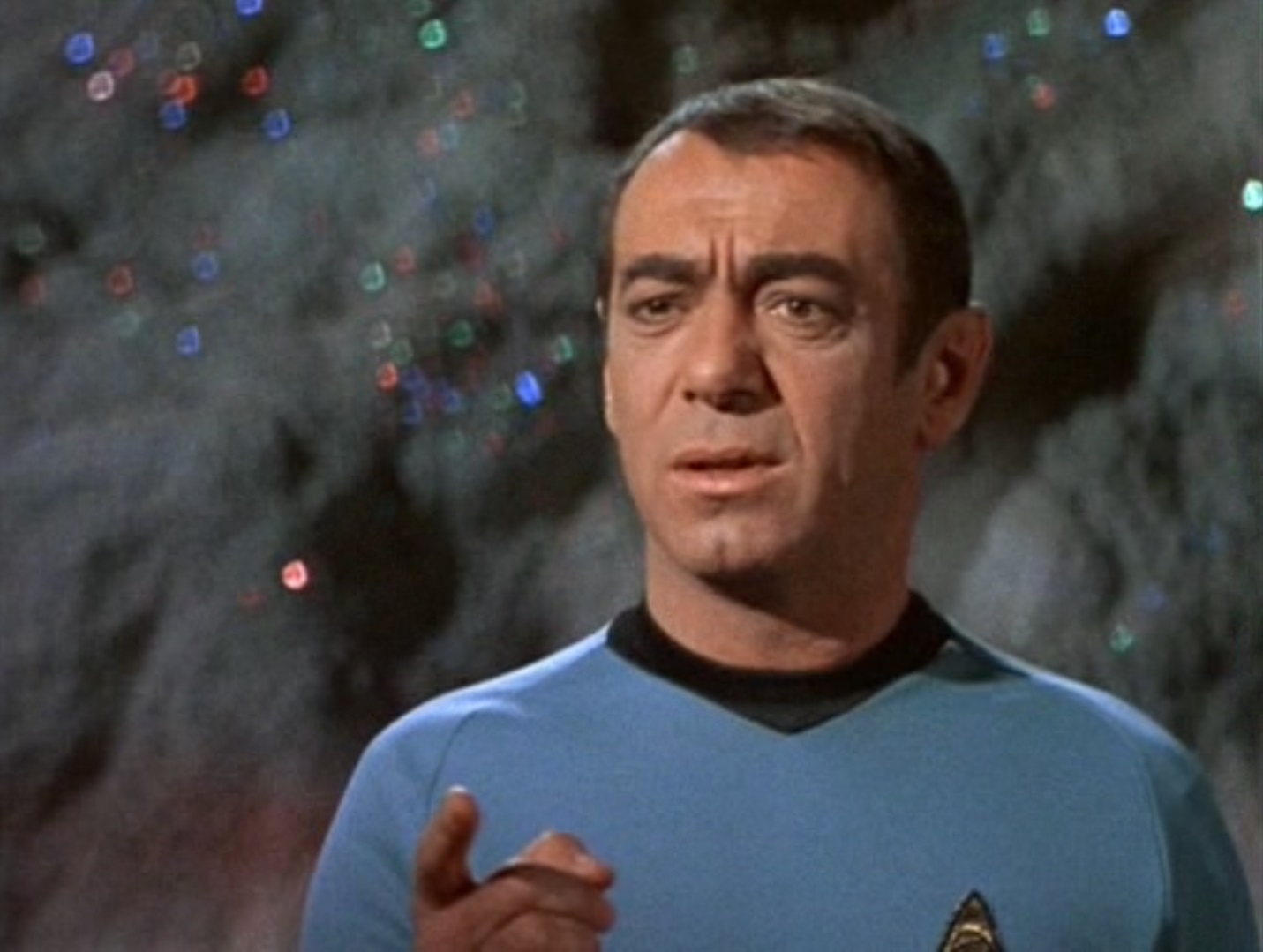
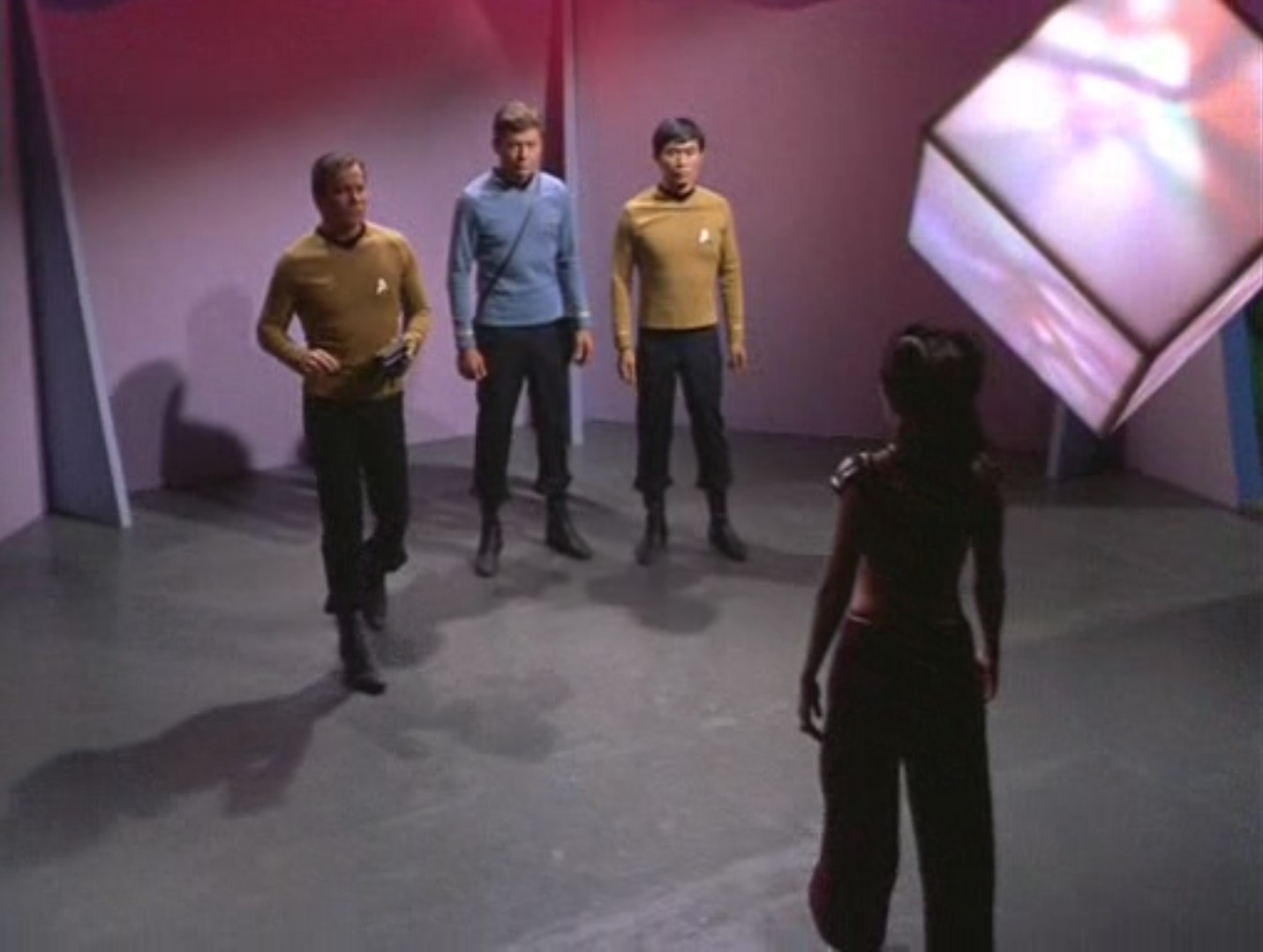
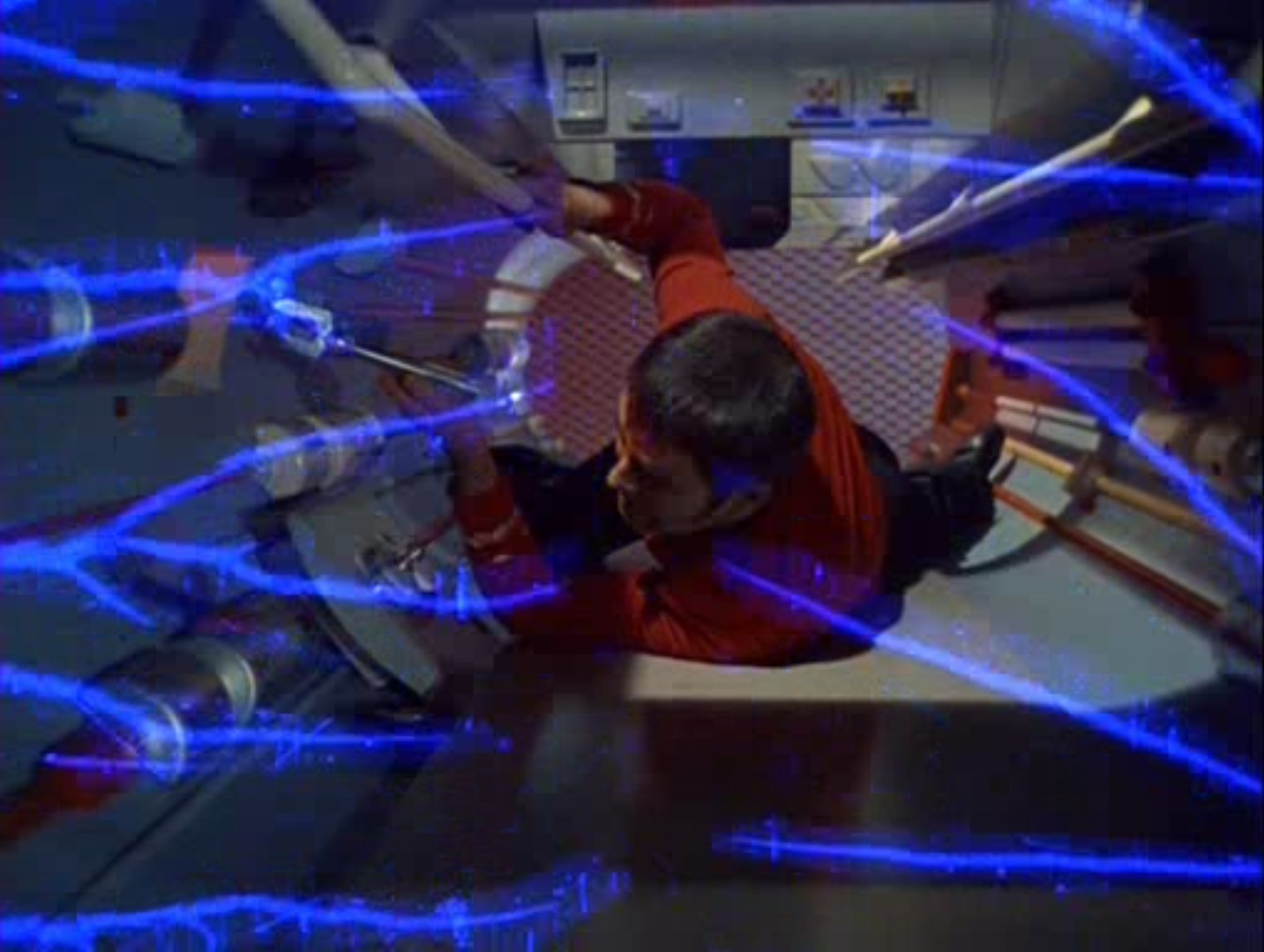
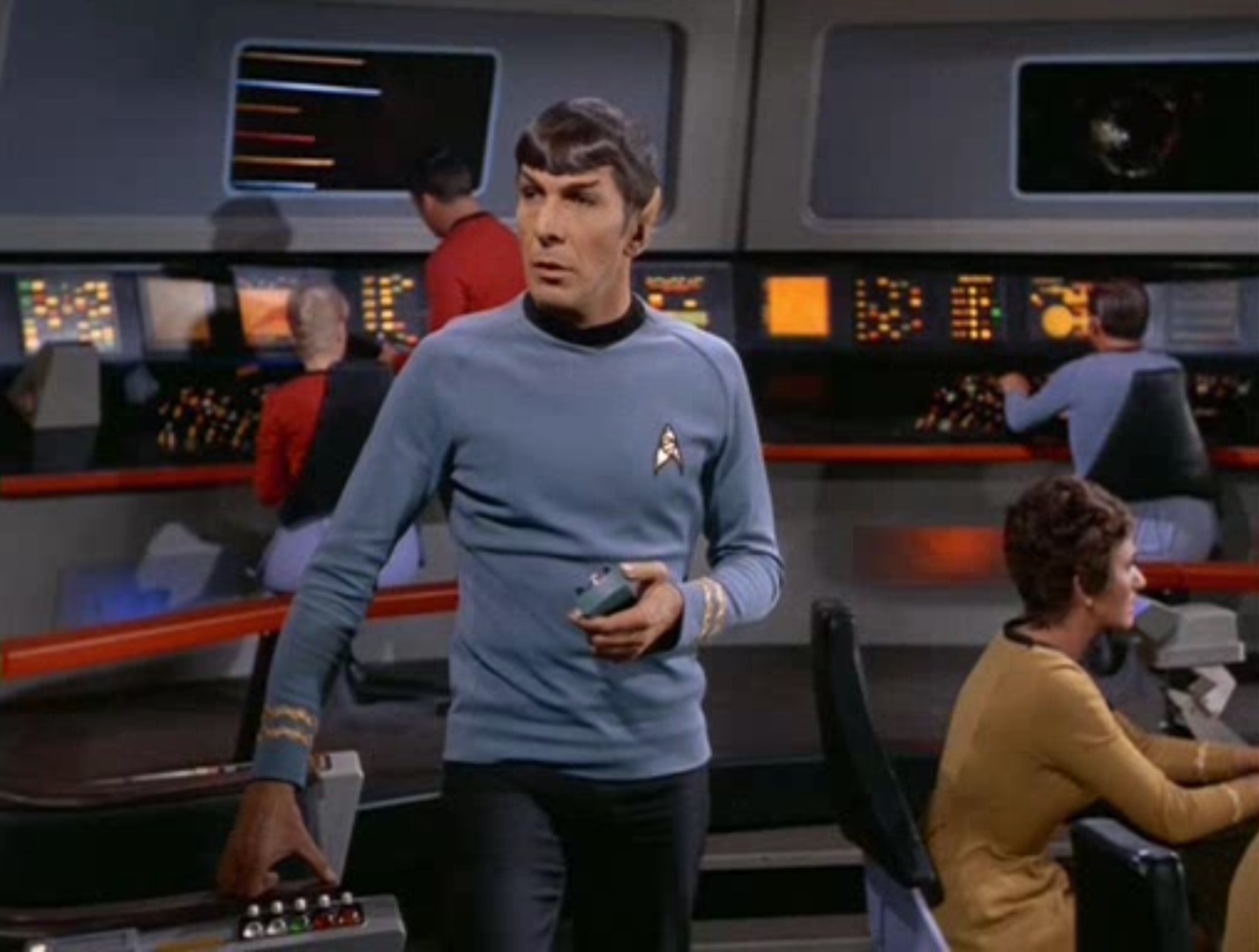
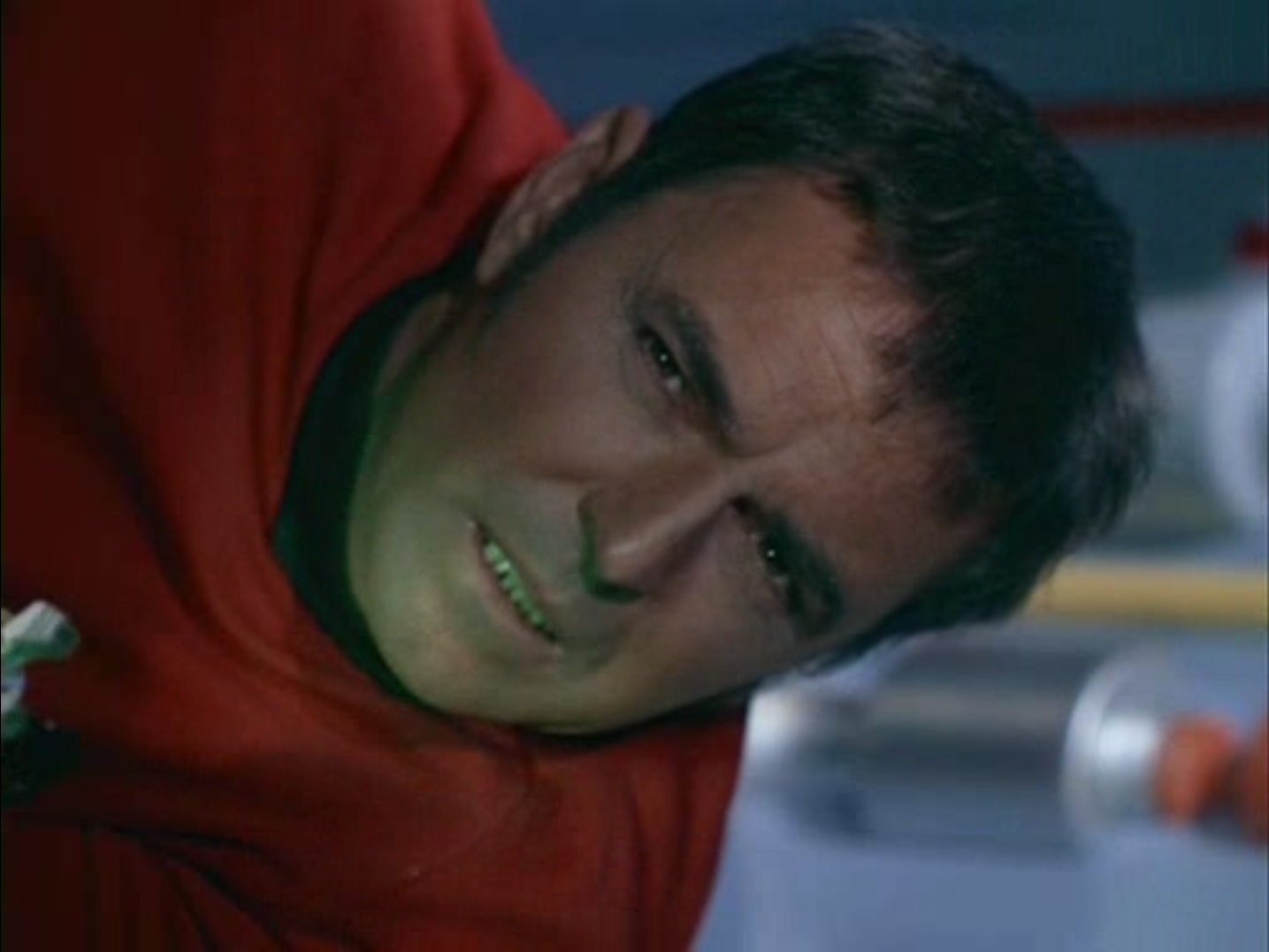

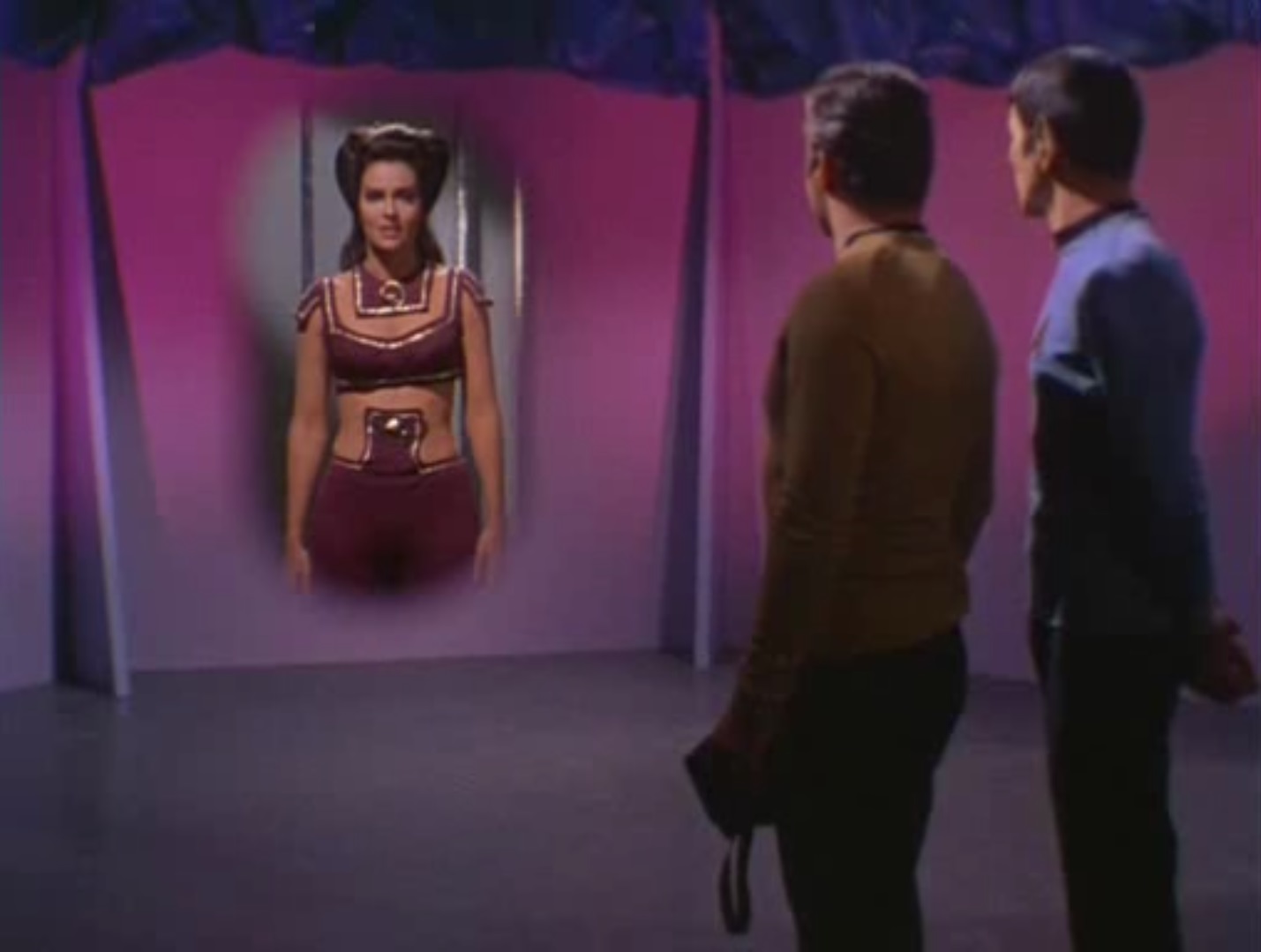

![[January 16, 1969] Mixed messages (<i>Star Trek</i>: "Let That Be Your Last Battlefield")](https://galacticjourney.org/wp-content/uploads/2024/01/690116title-672x372.jpg)
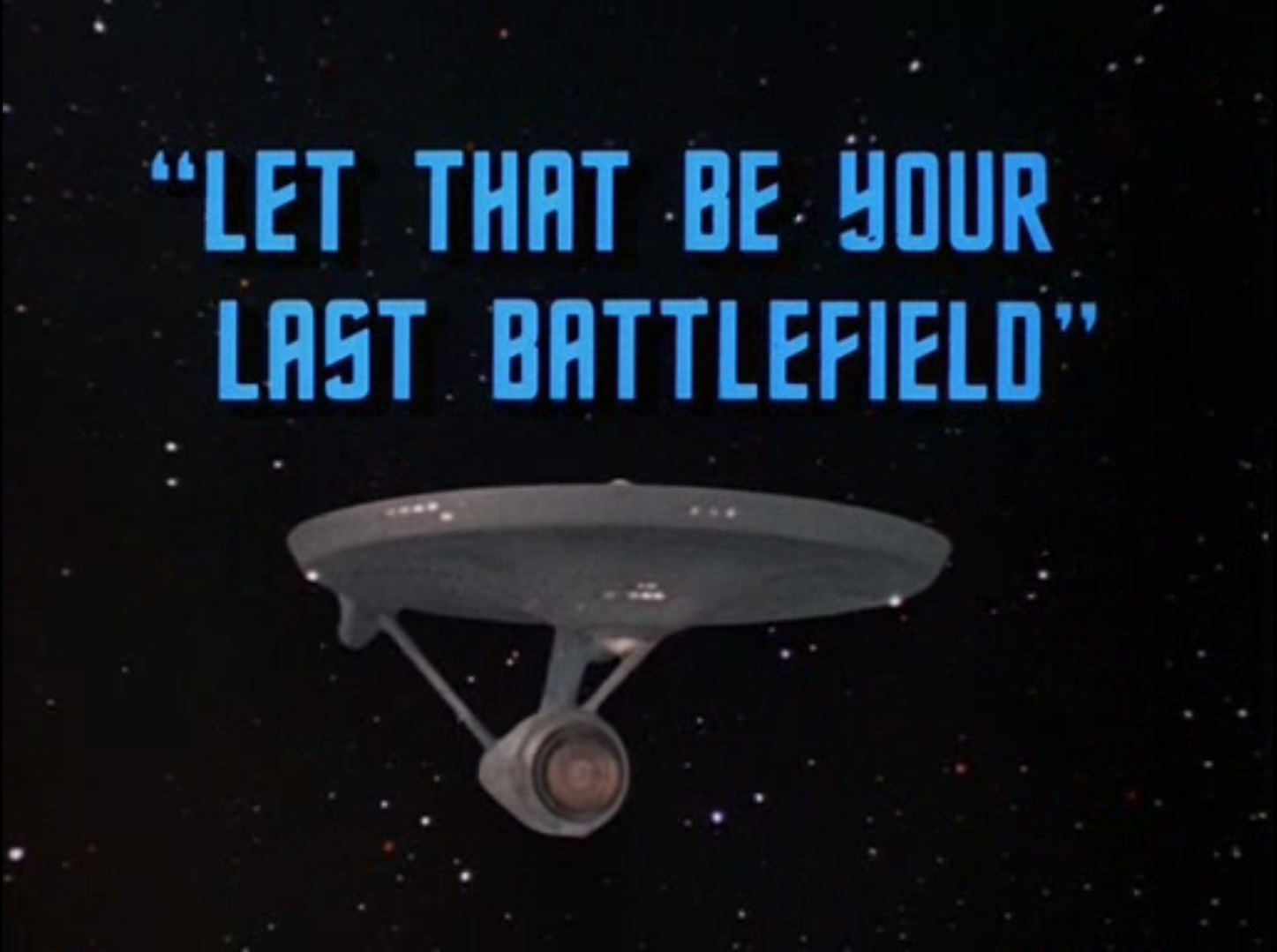
![[January 10, 1969] Mad for this show (<i>Star Trek</i>: "Whom Gods Destroy")](https://galacticjourney.org/wp-content/uploads/2024/01/690110title-672x372.jpg)
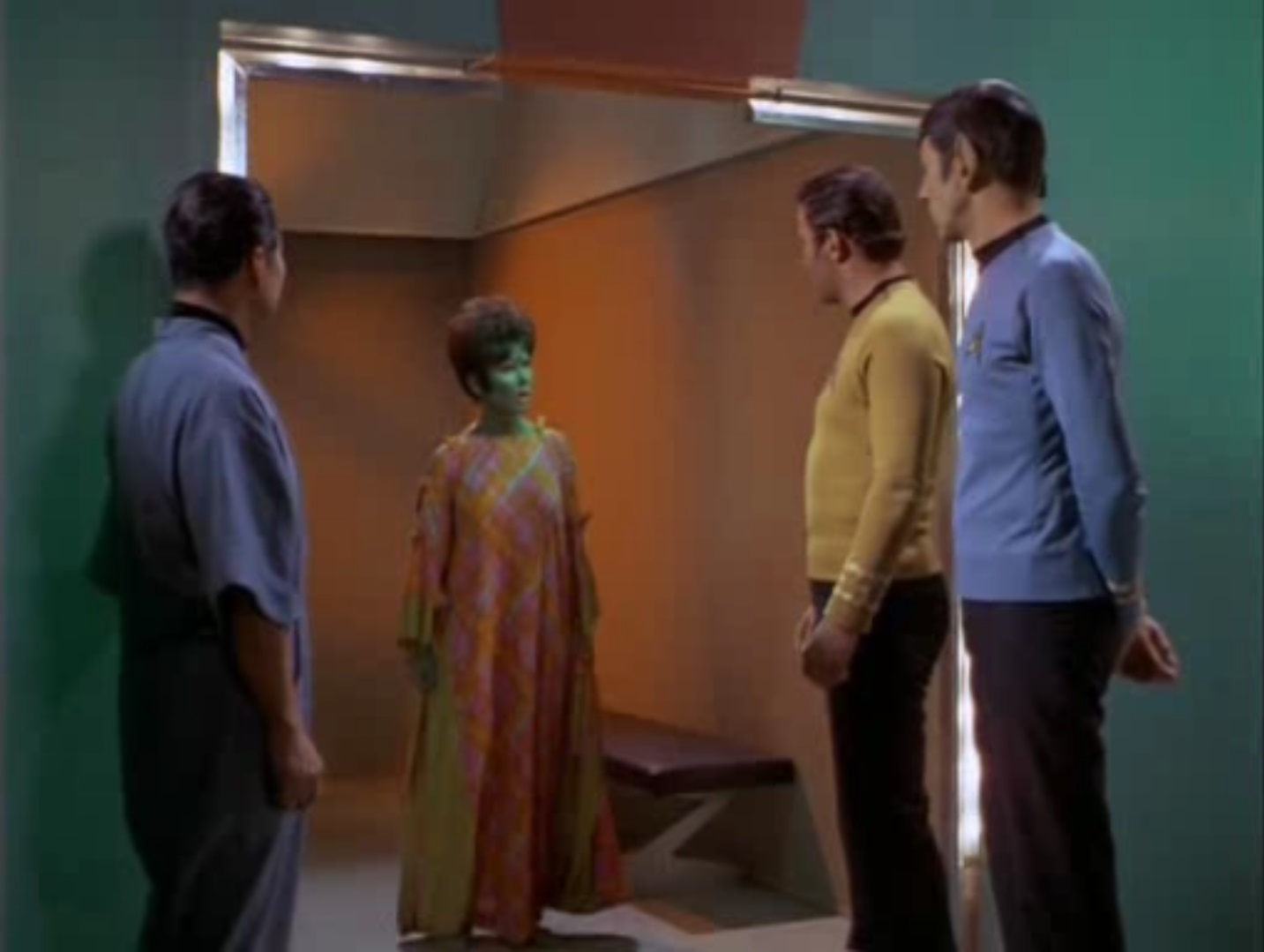
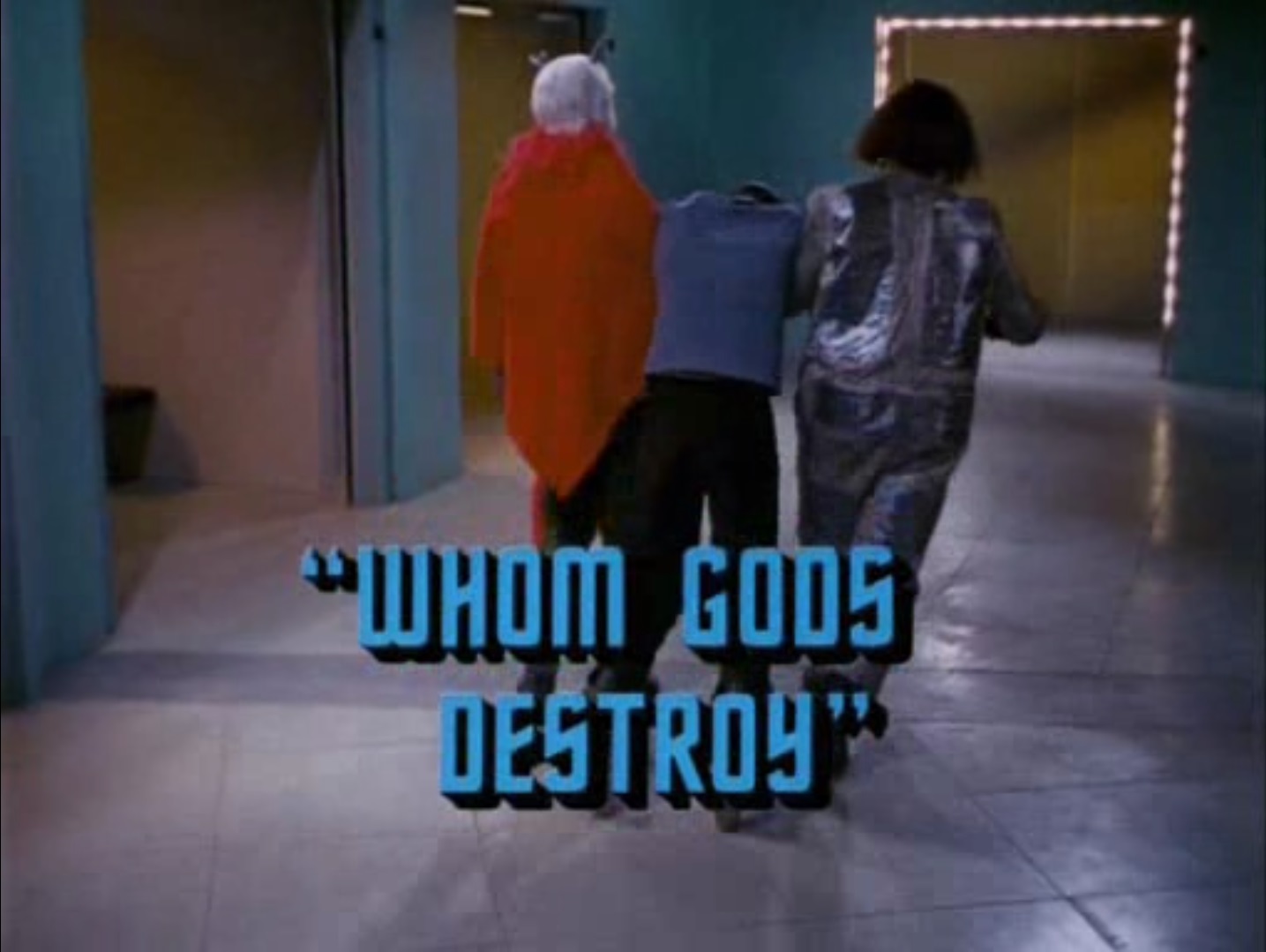
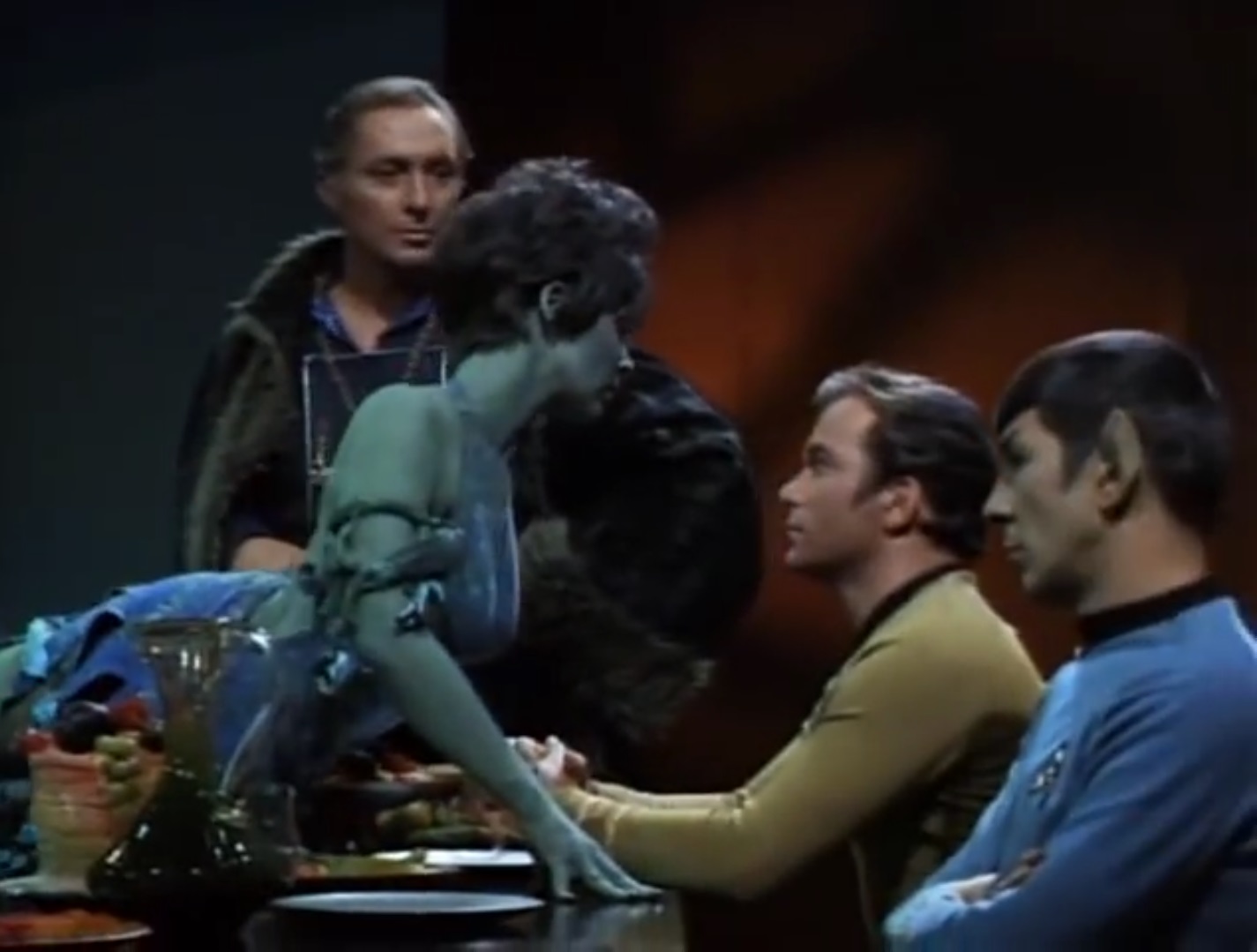
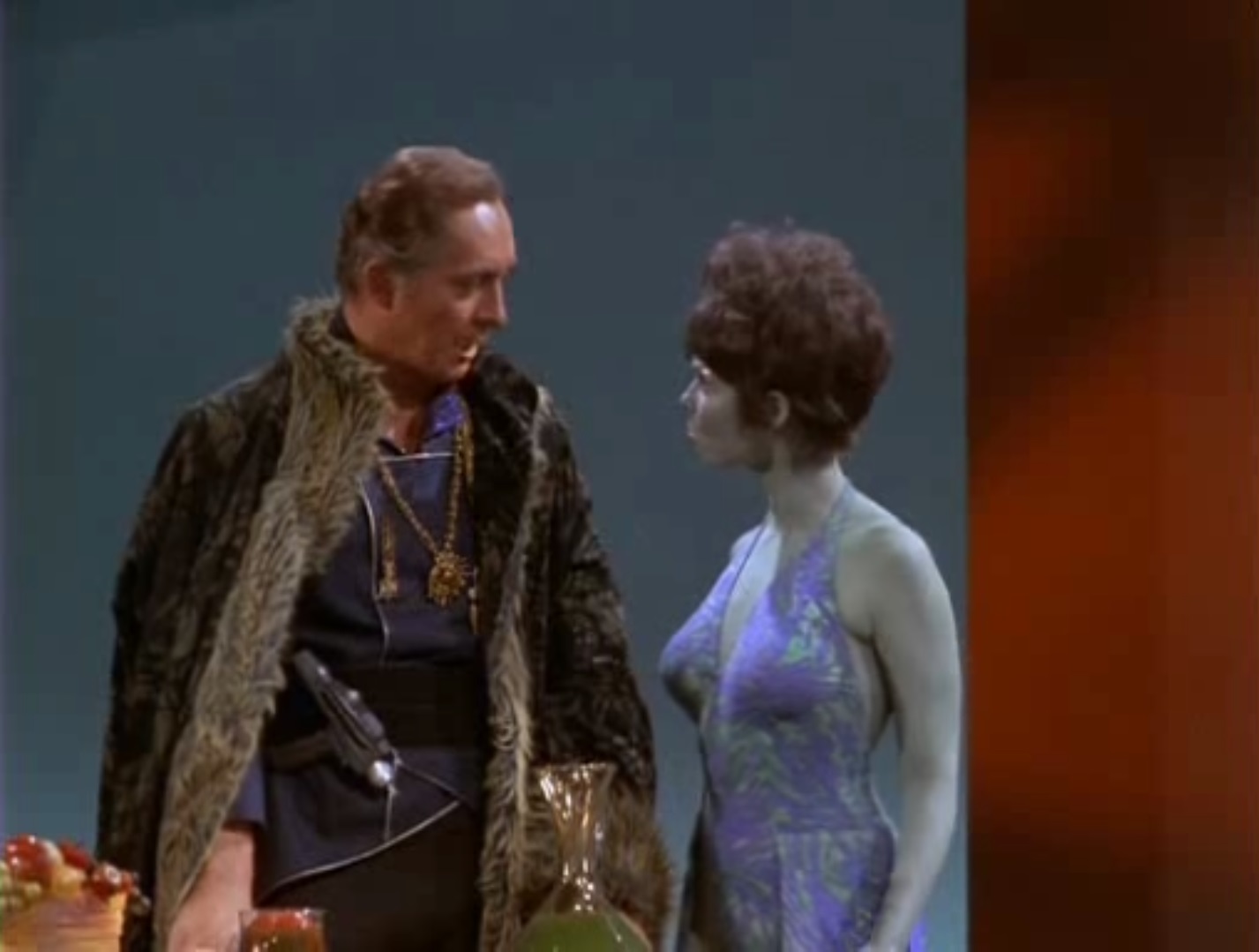
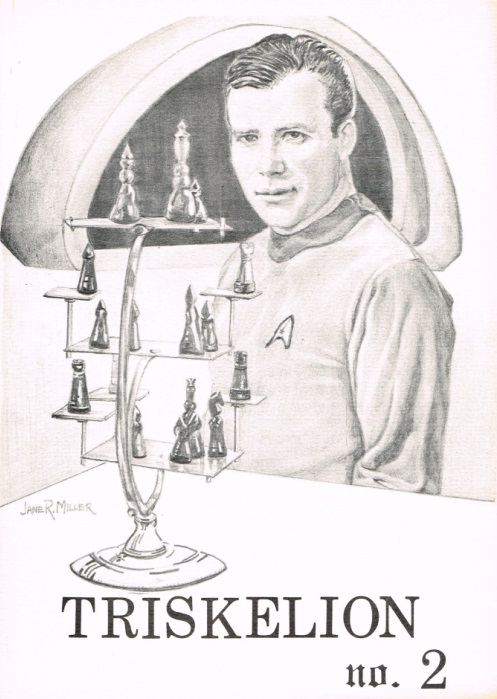
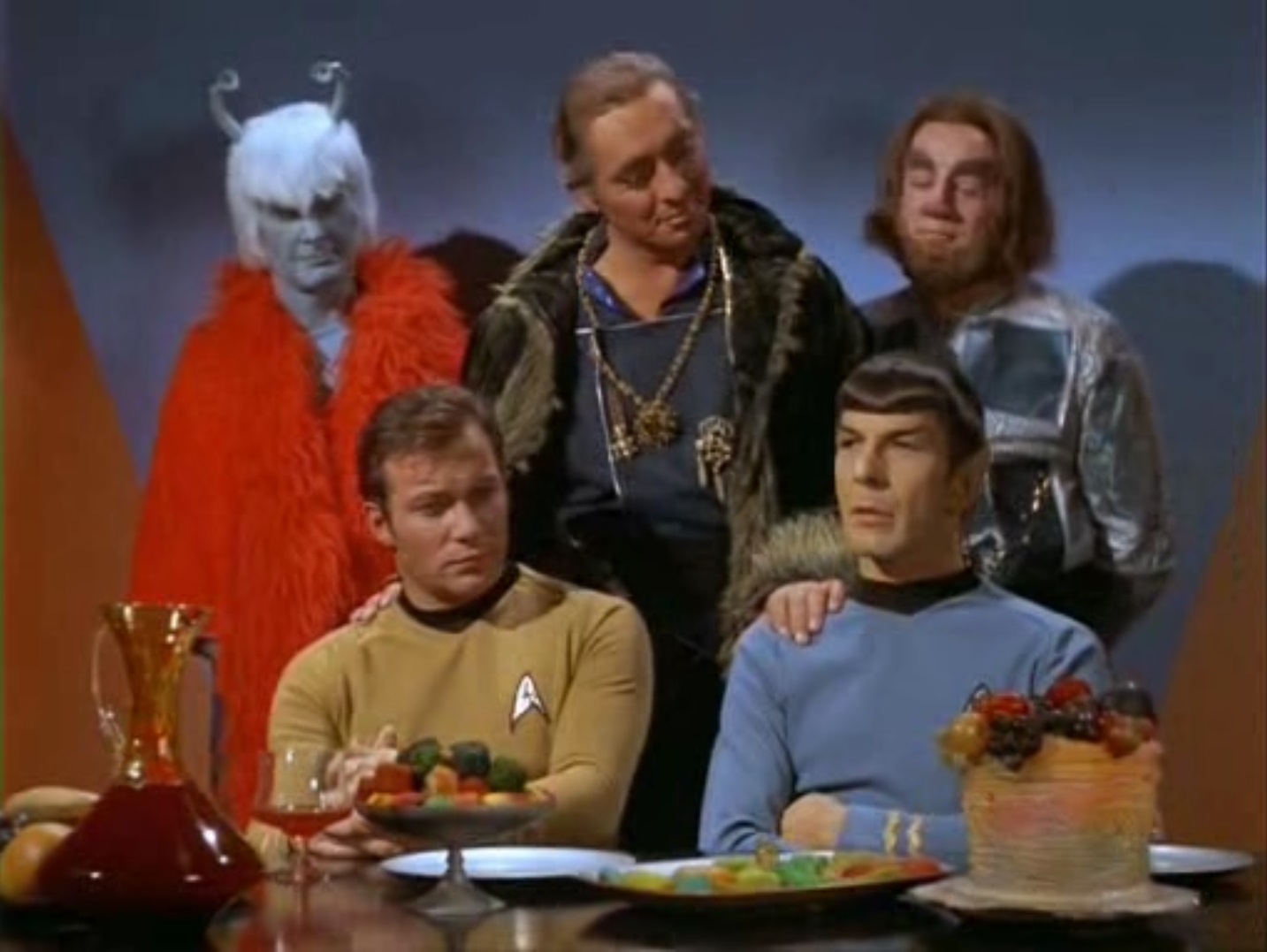
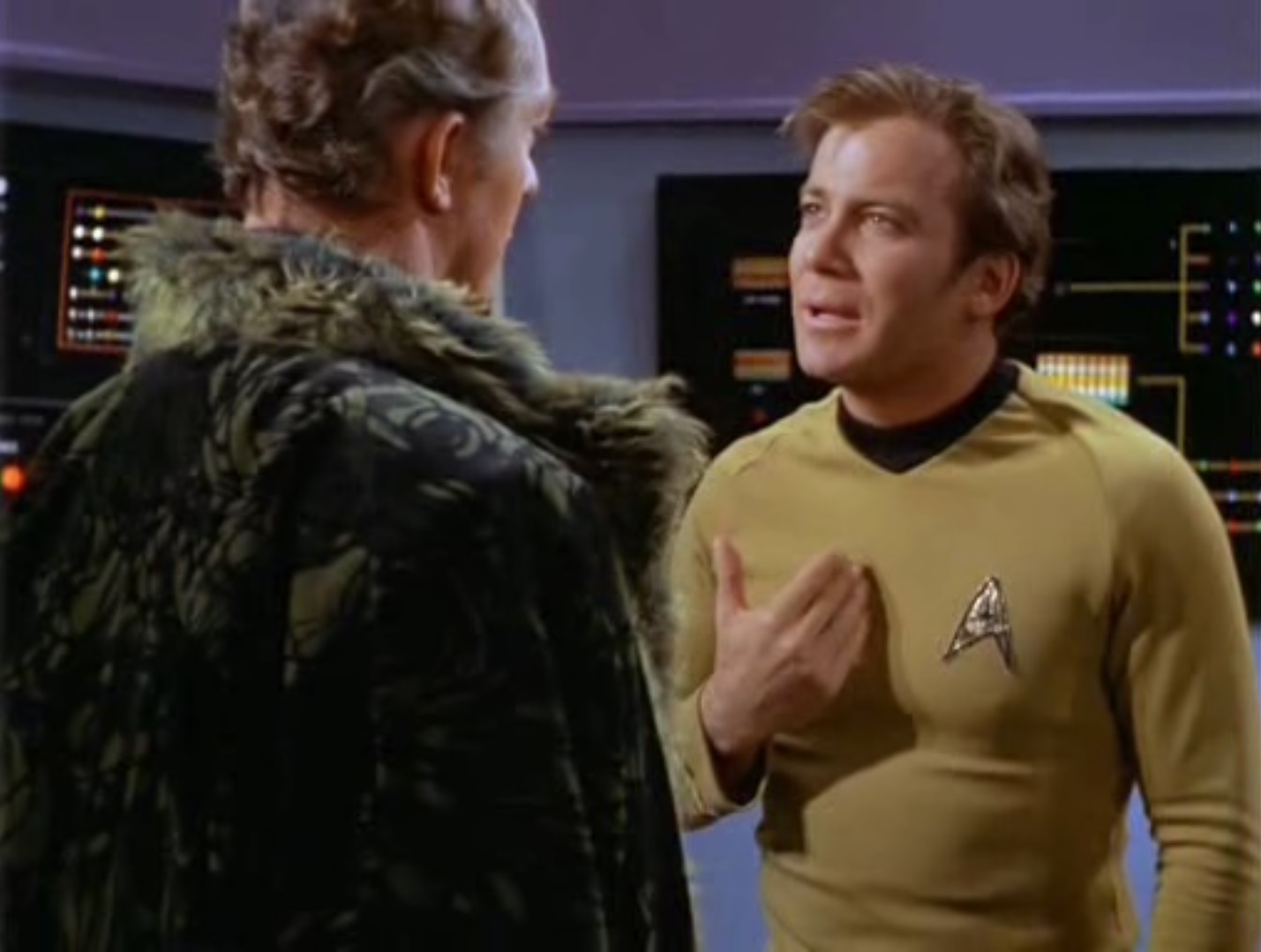

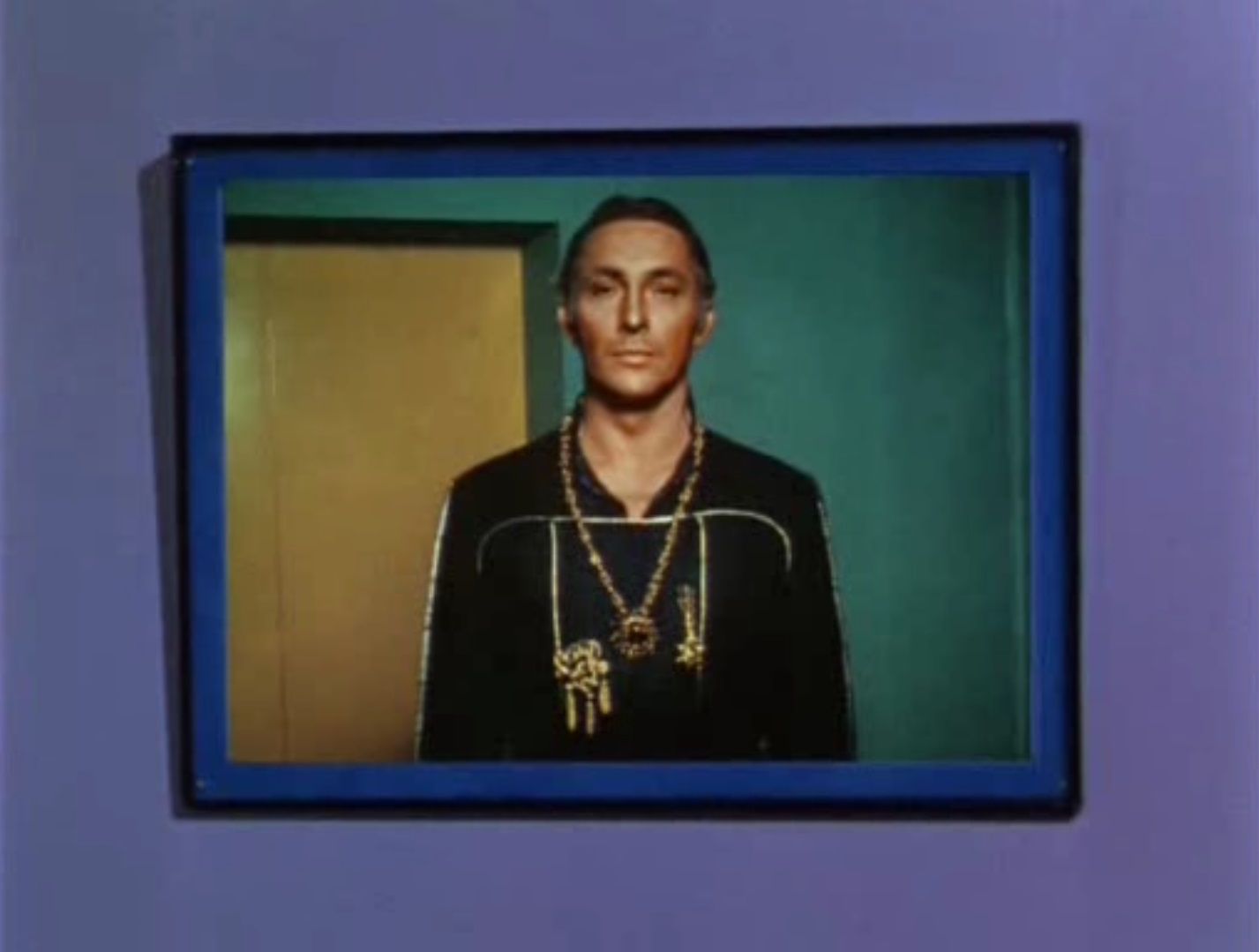
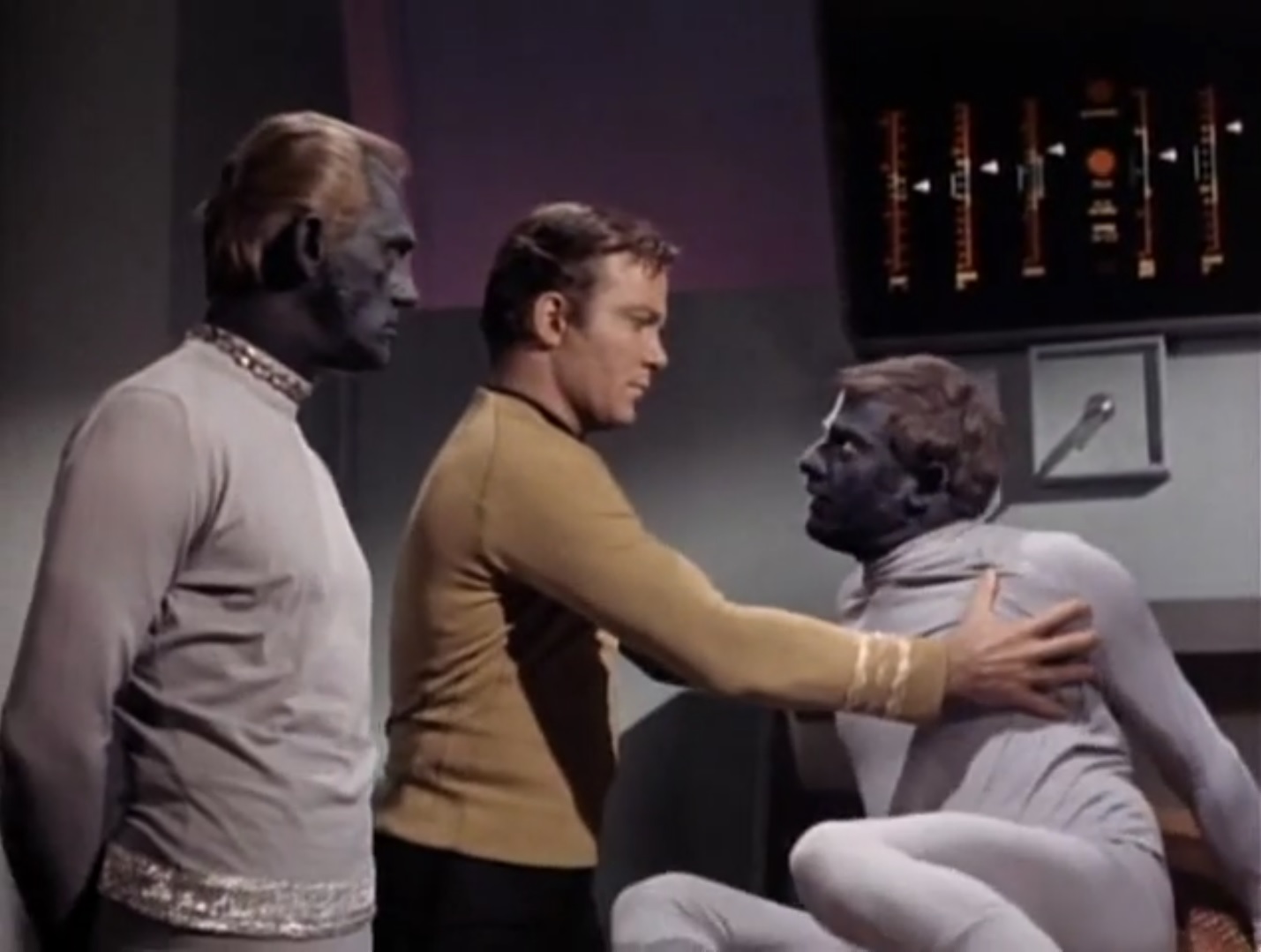
![[November 28, 1968] Puppet on a String (<i>Star Trek</i>: "Plato's Stepchildren")](https://galacticjourney.org/wp-content/uploads/2023/11/681128title-672x372.jpg)
